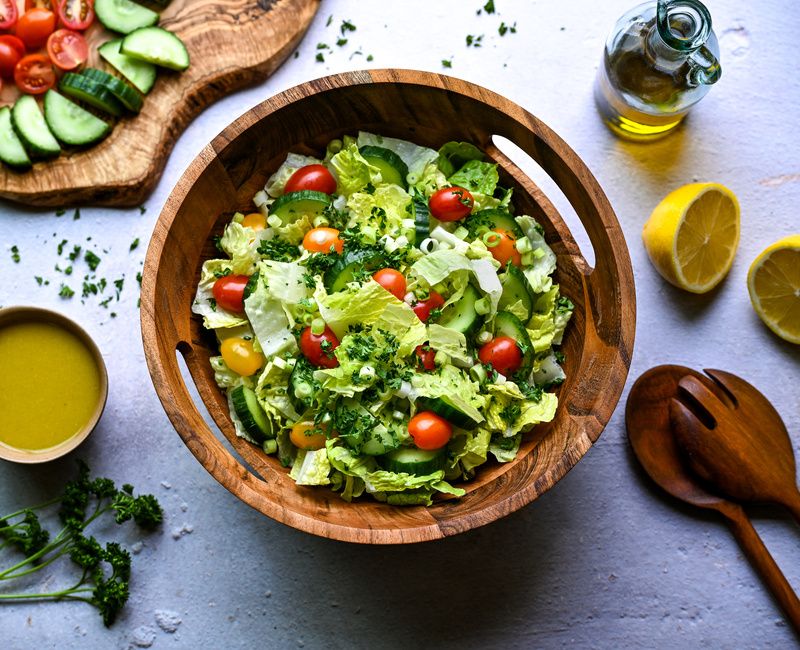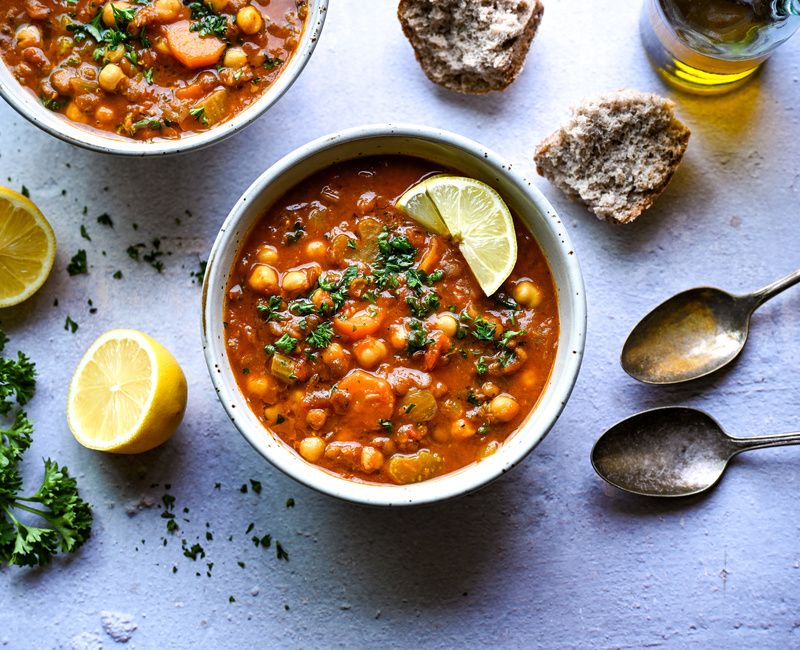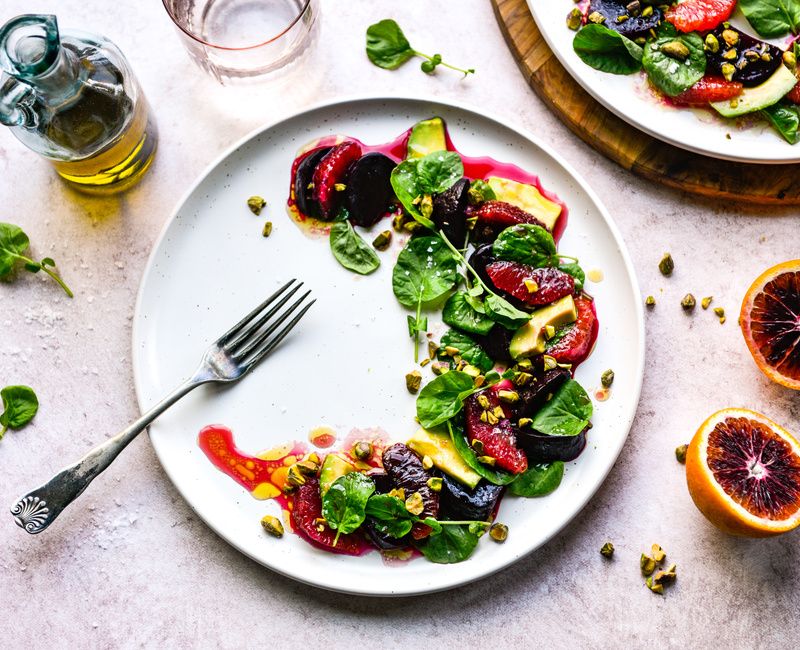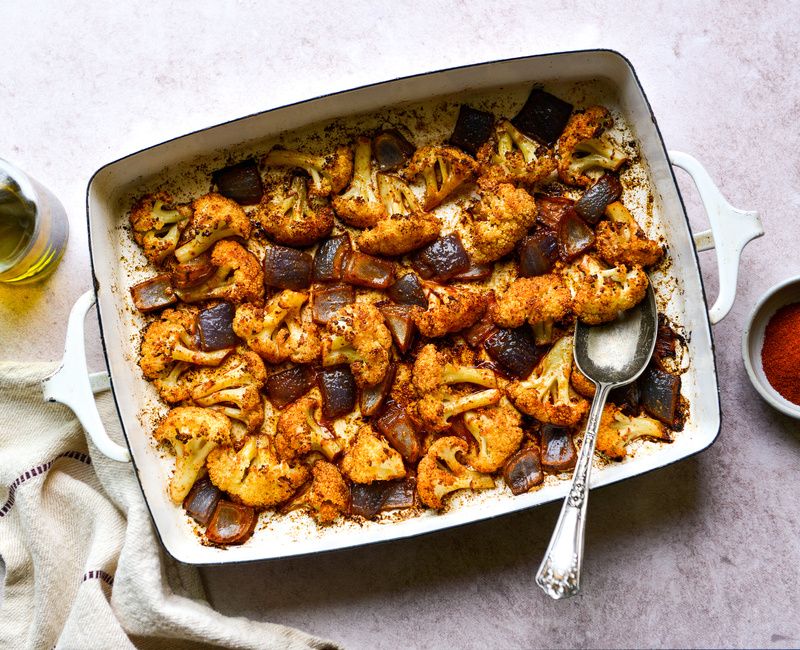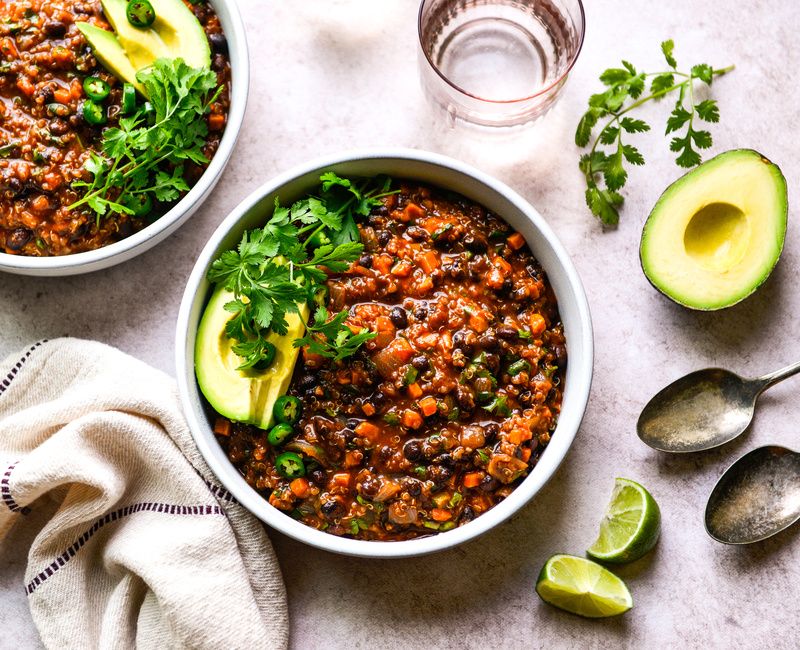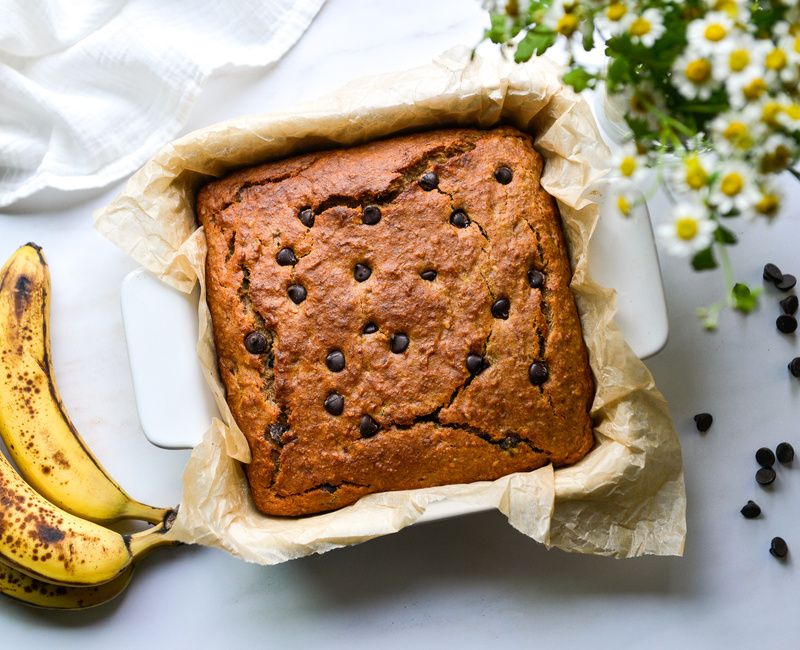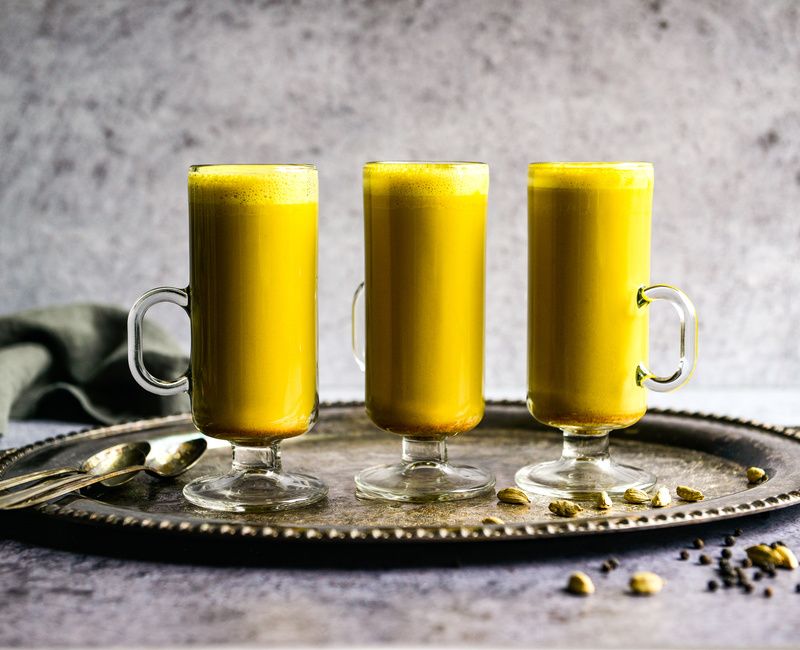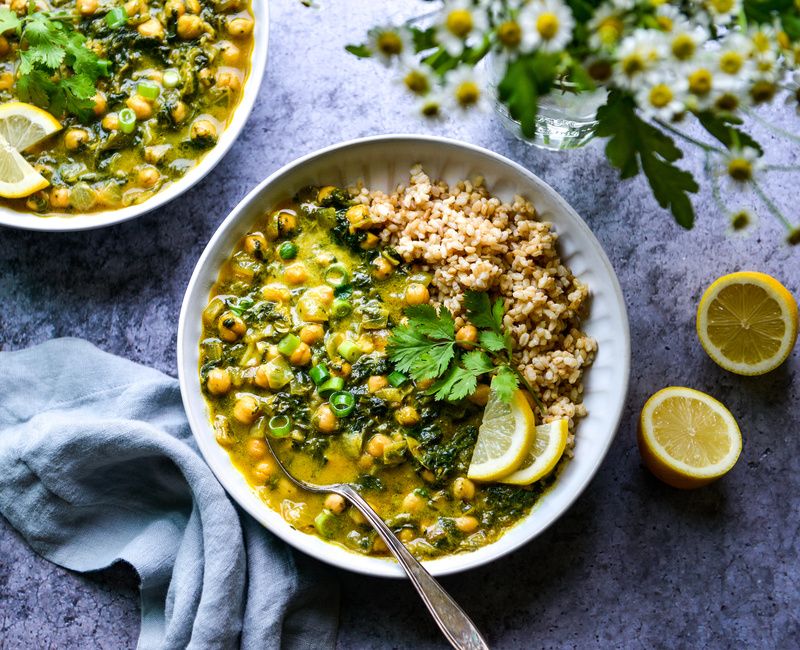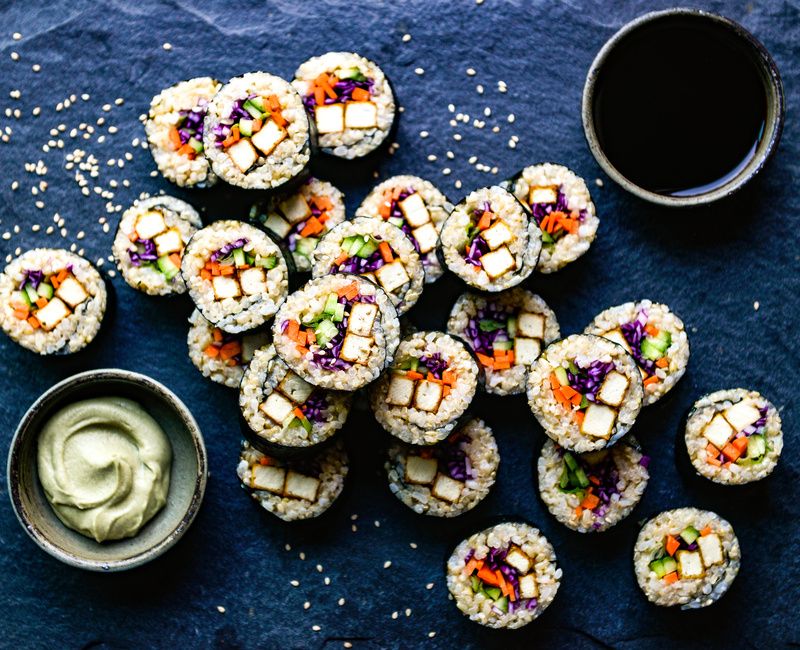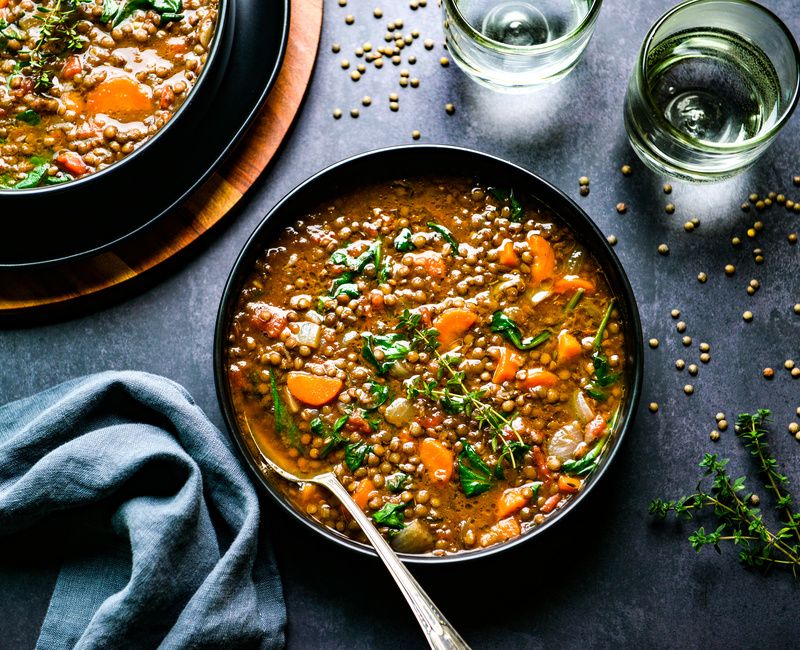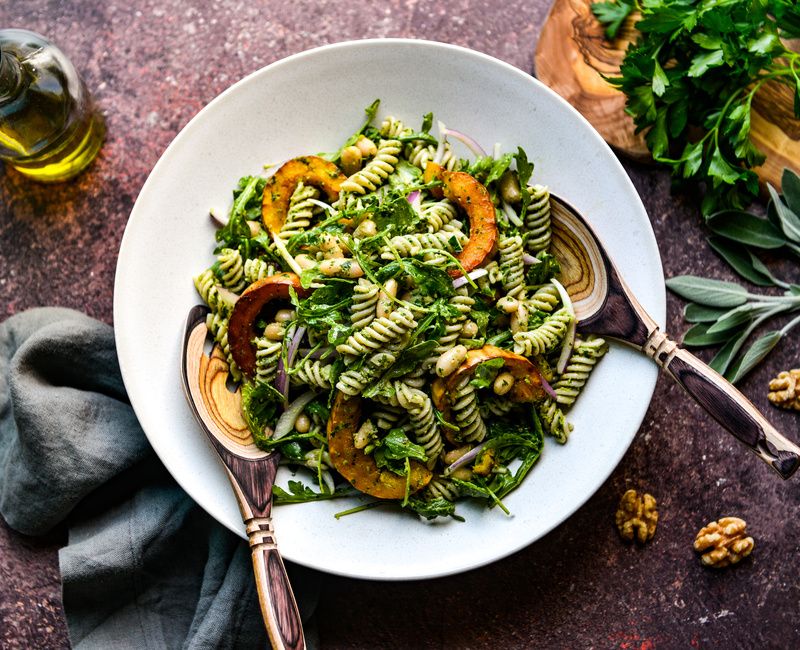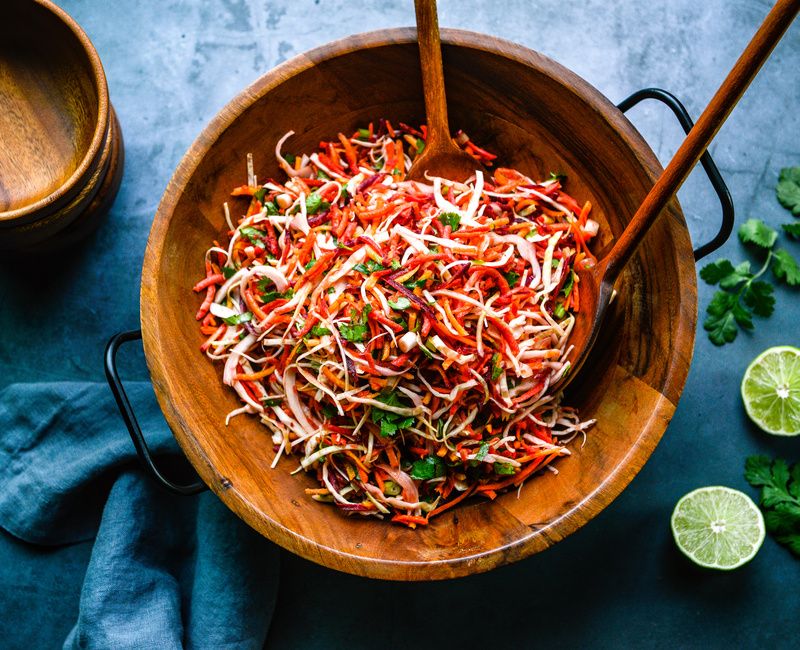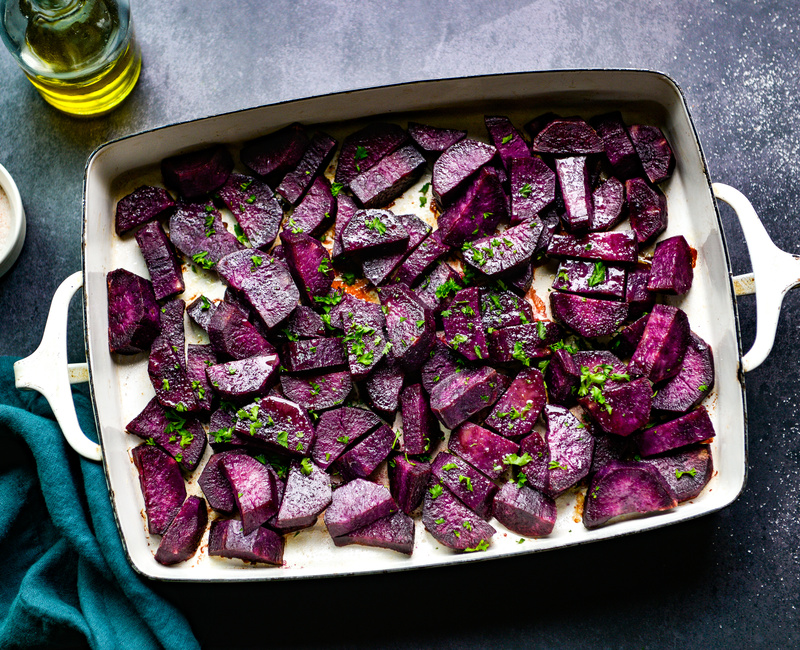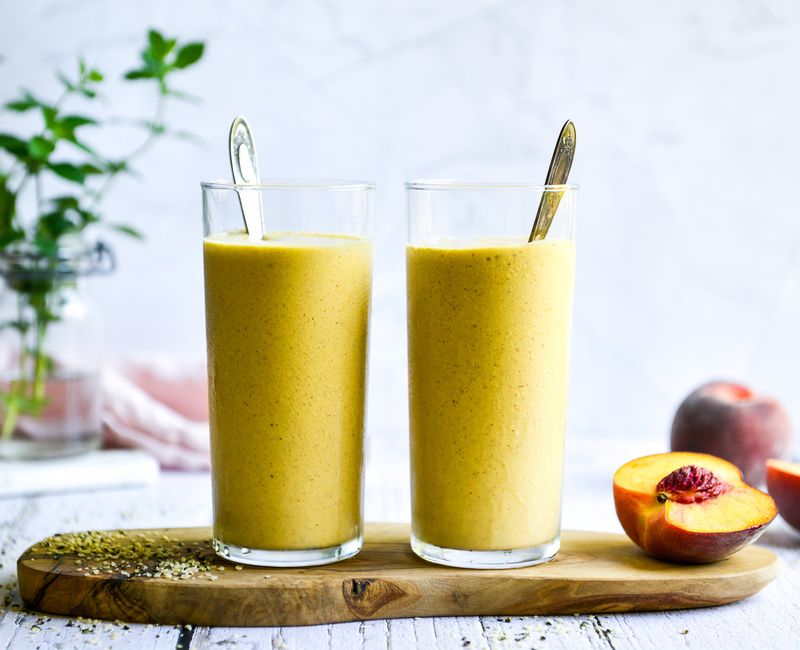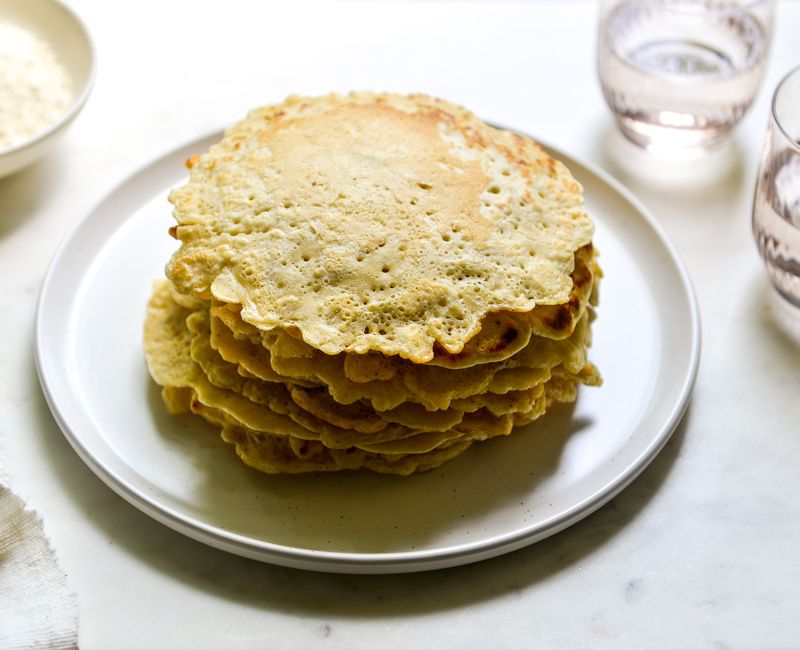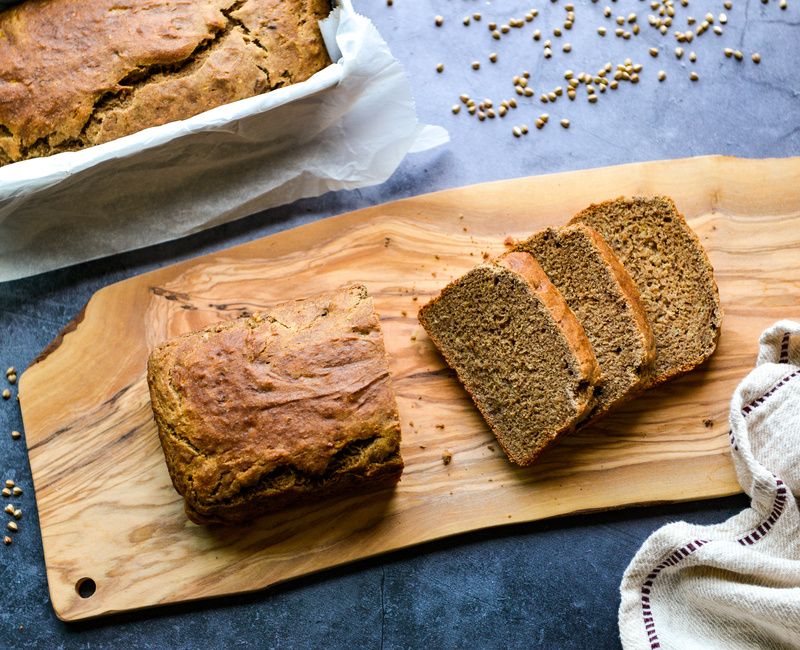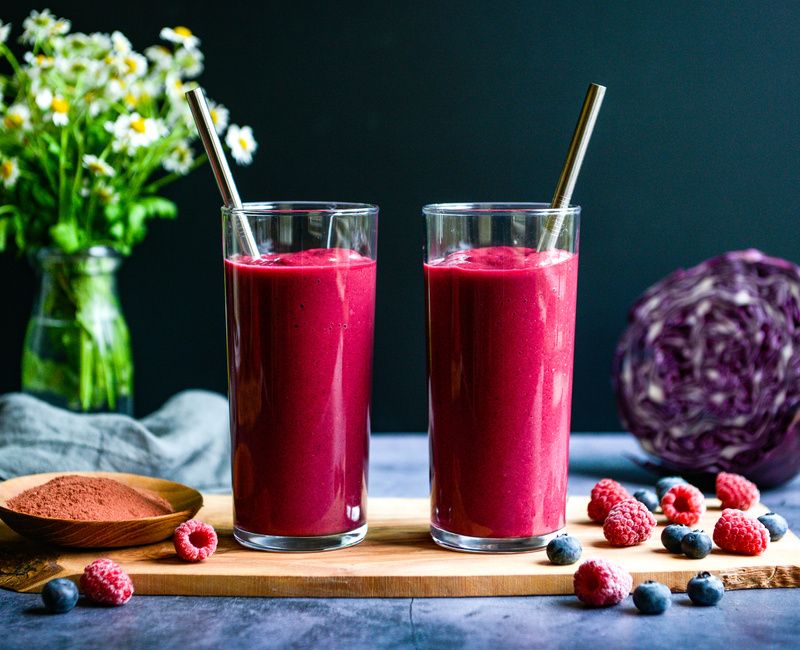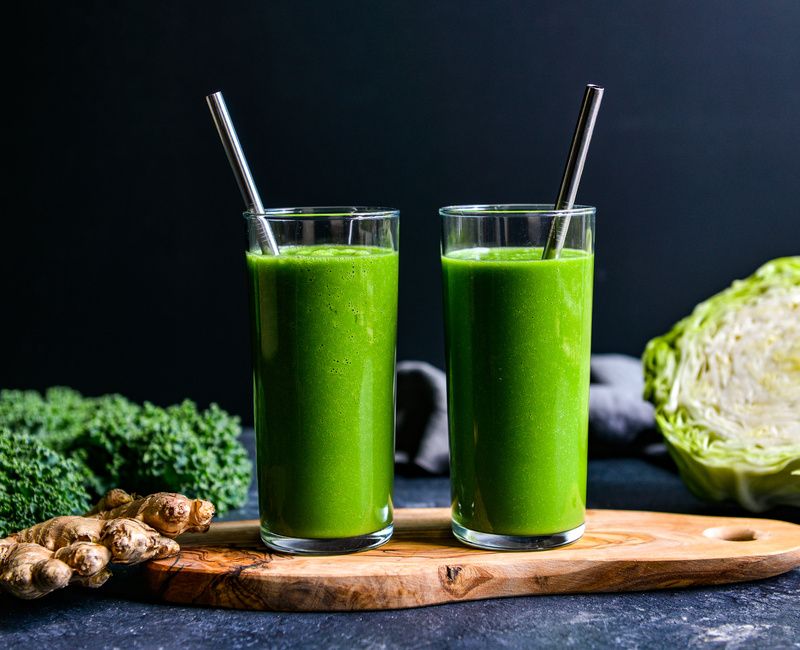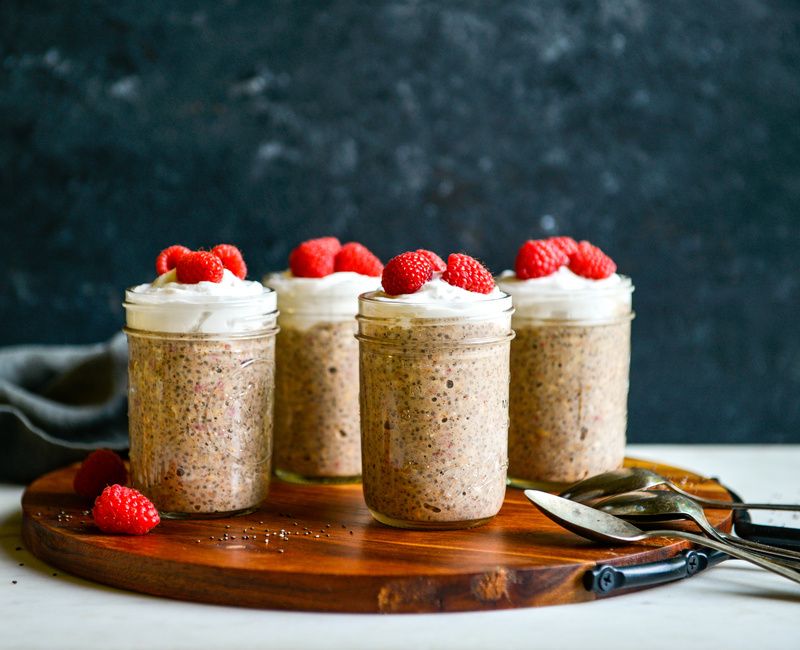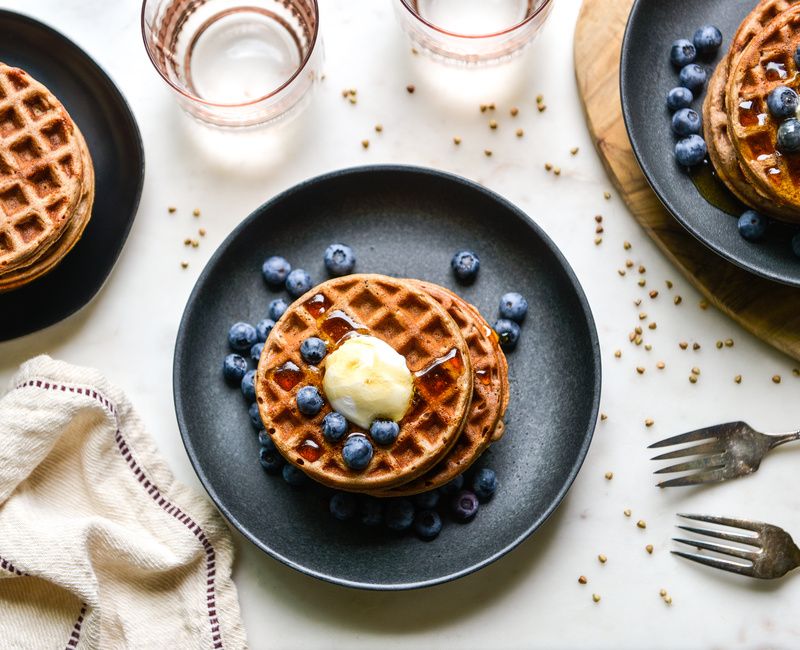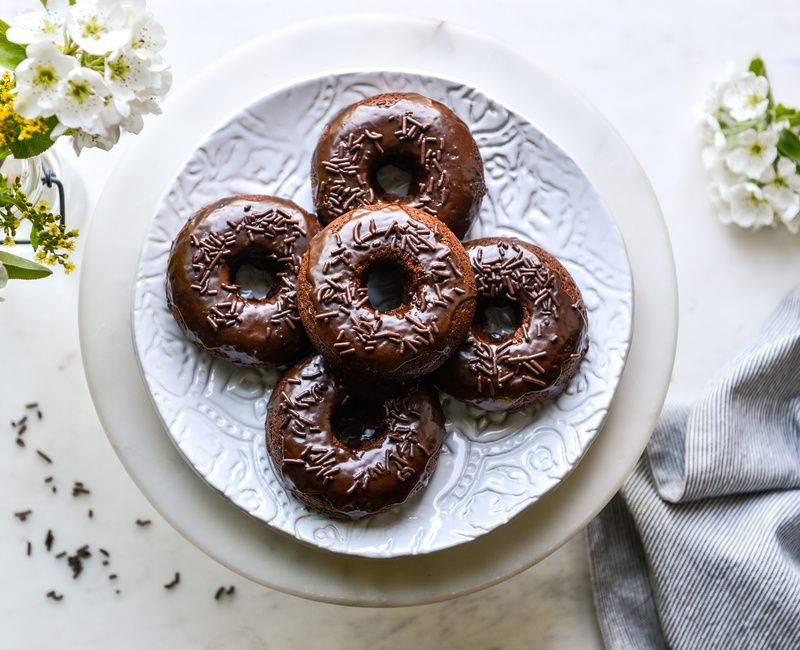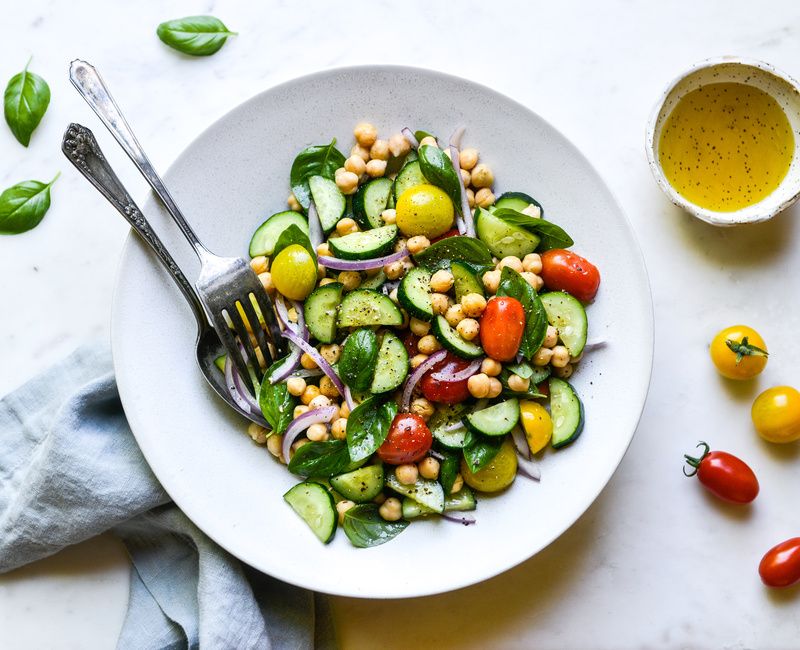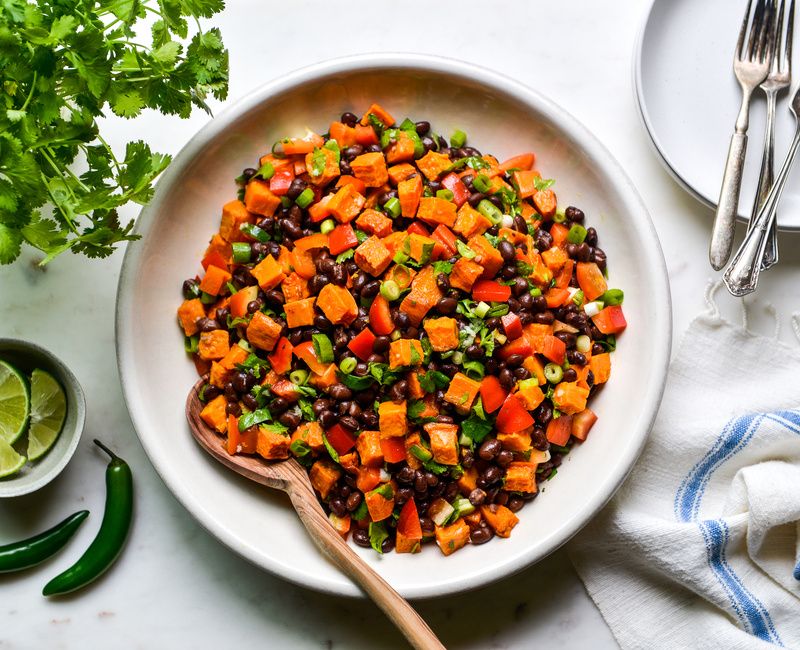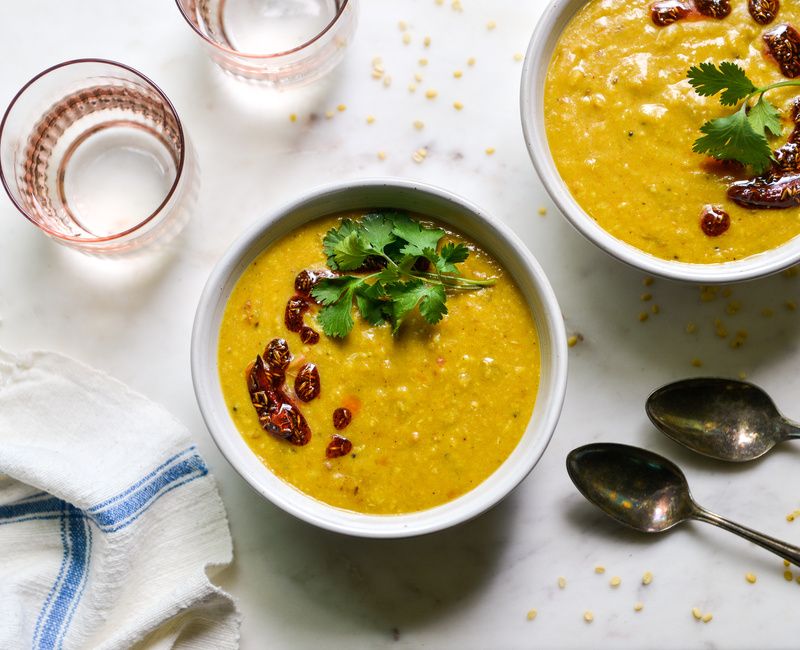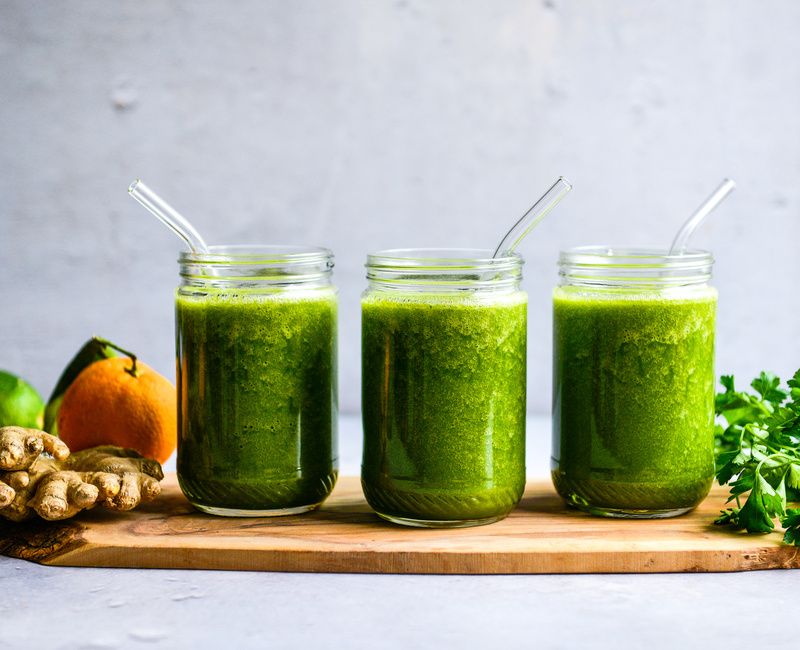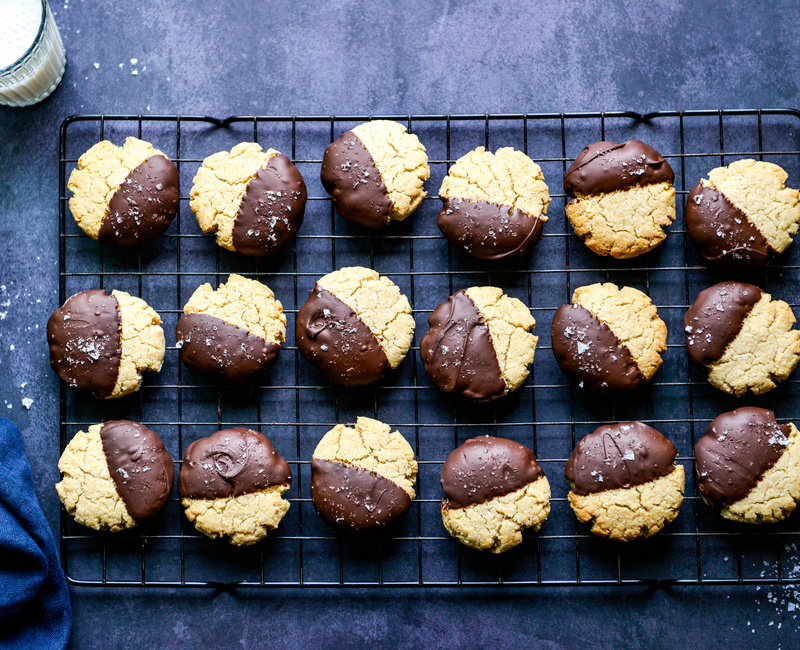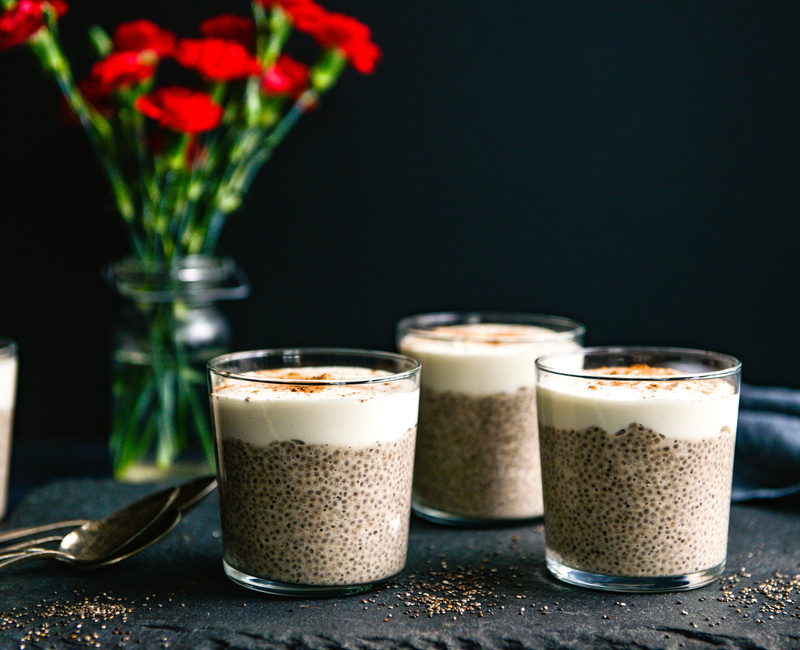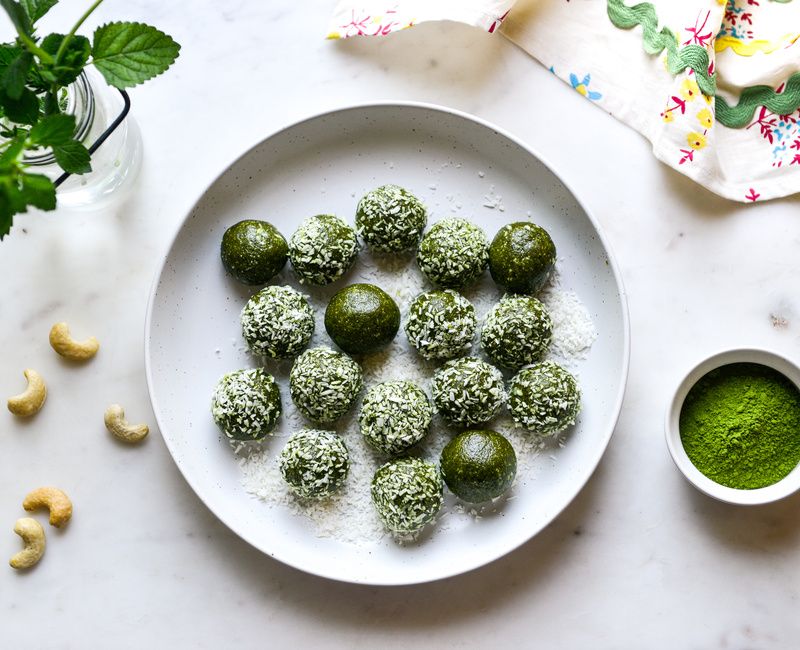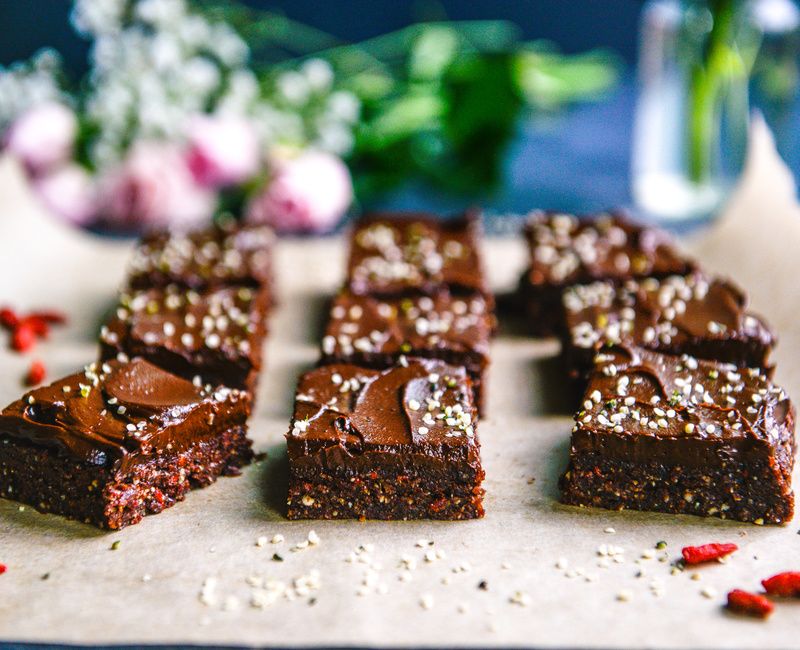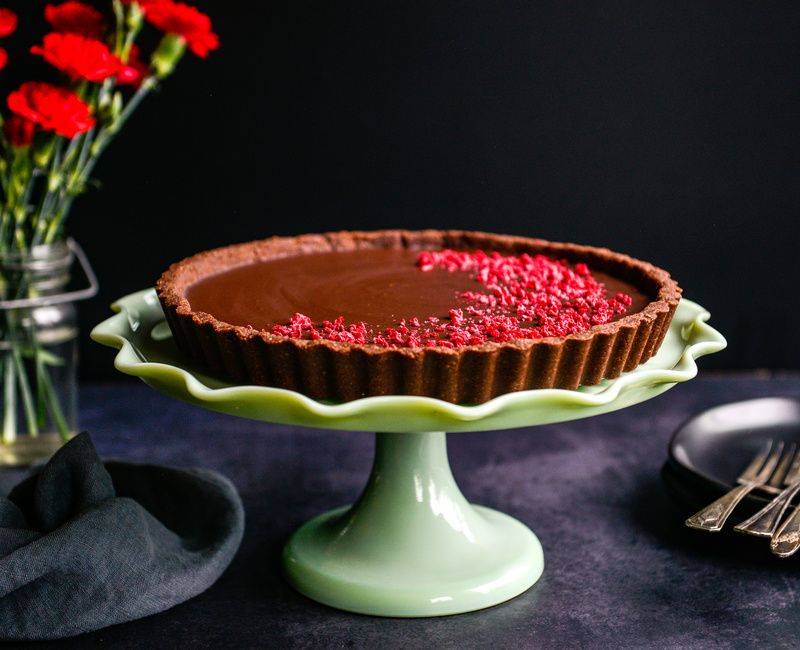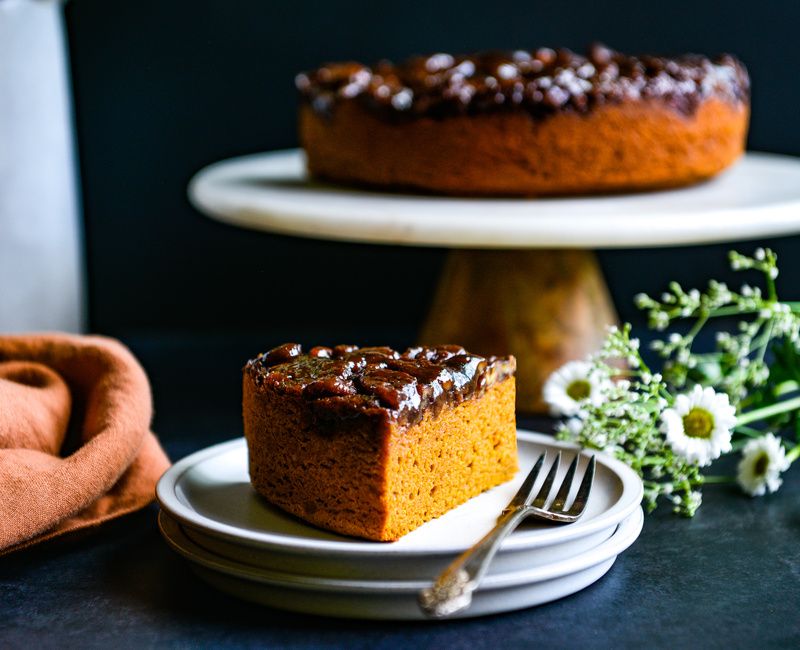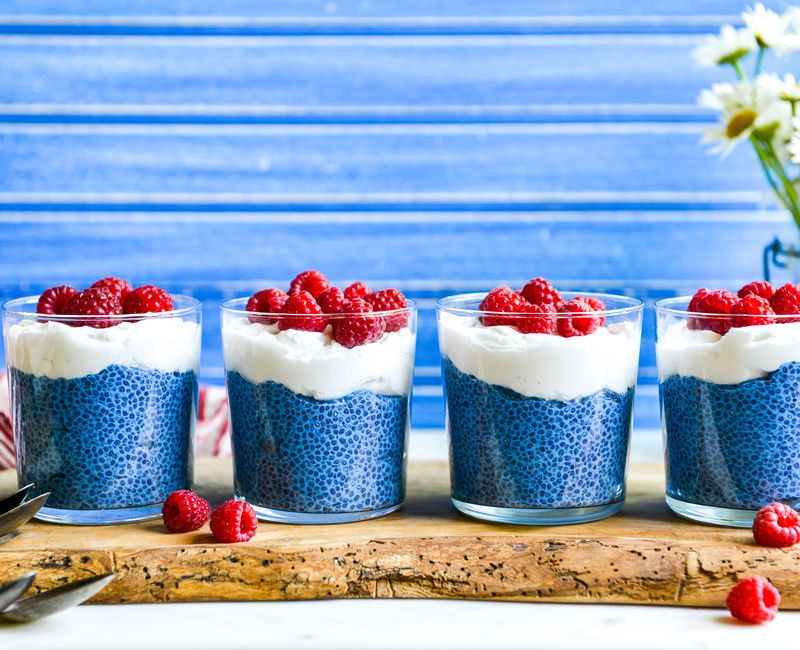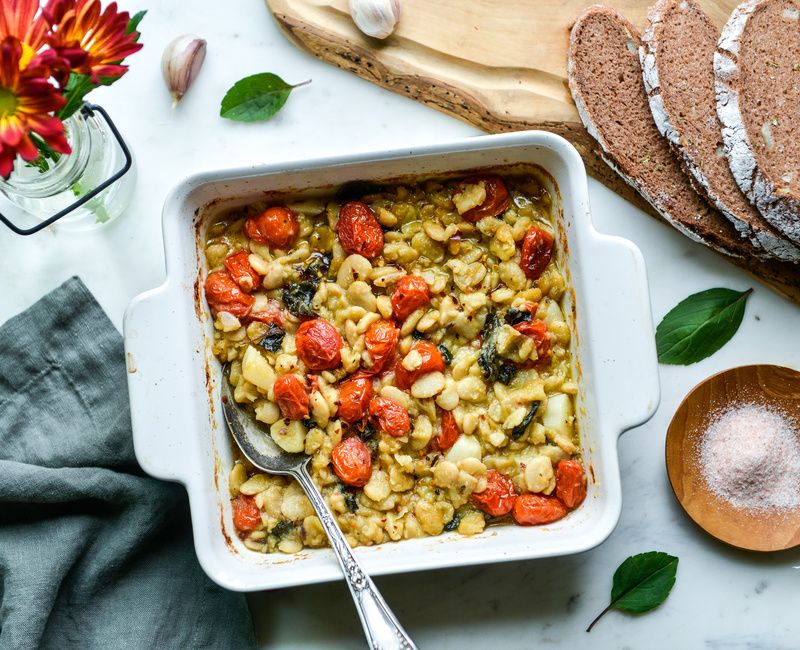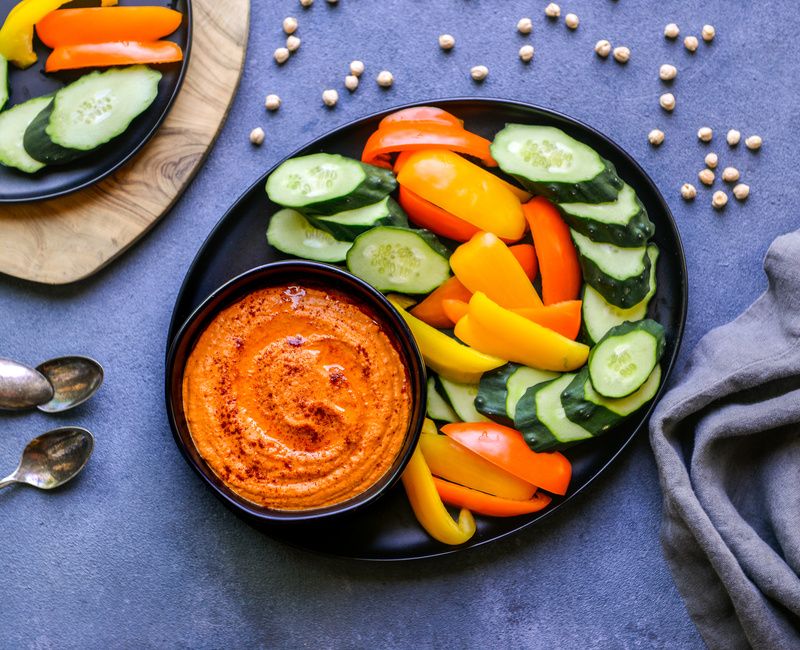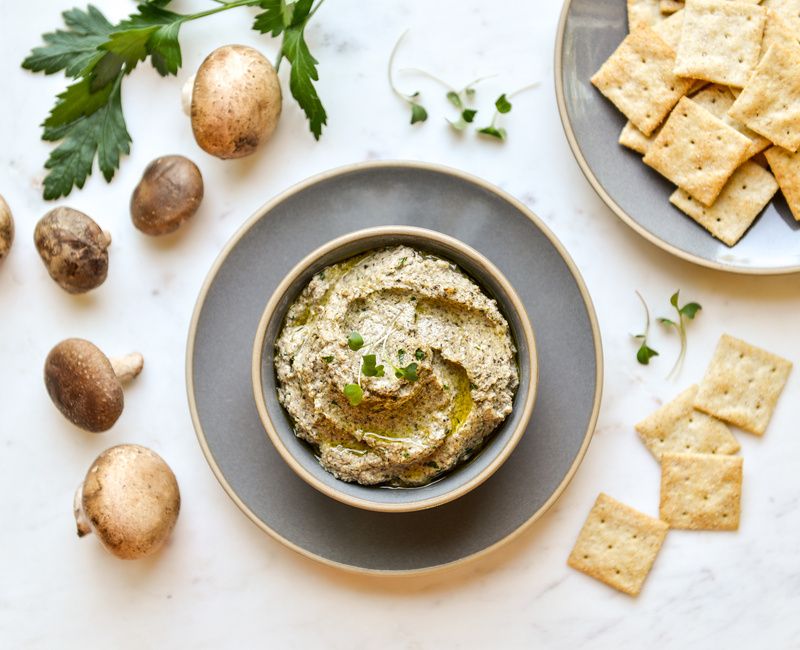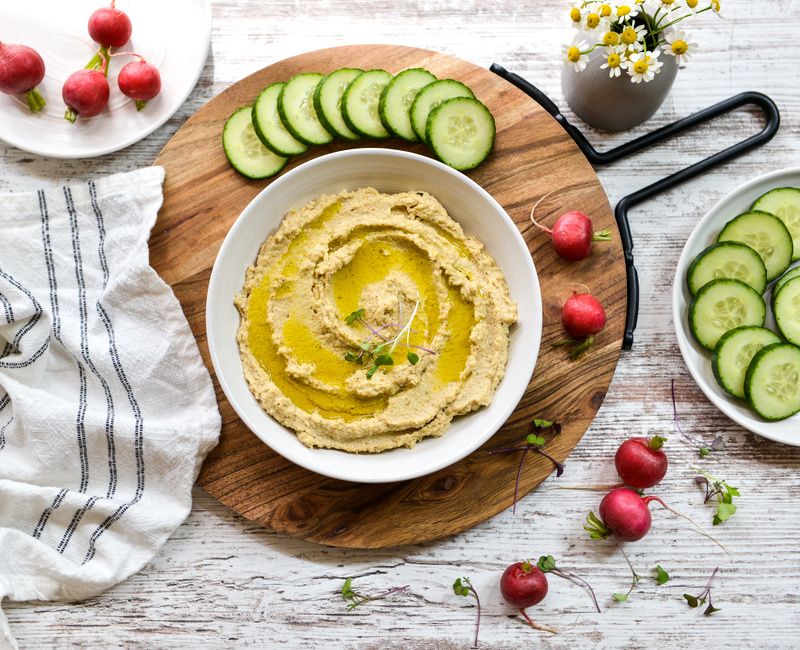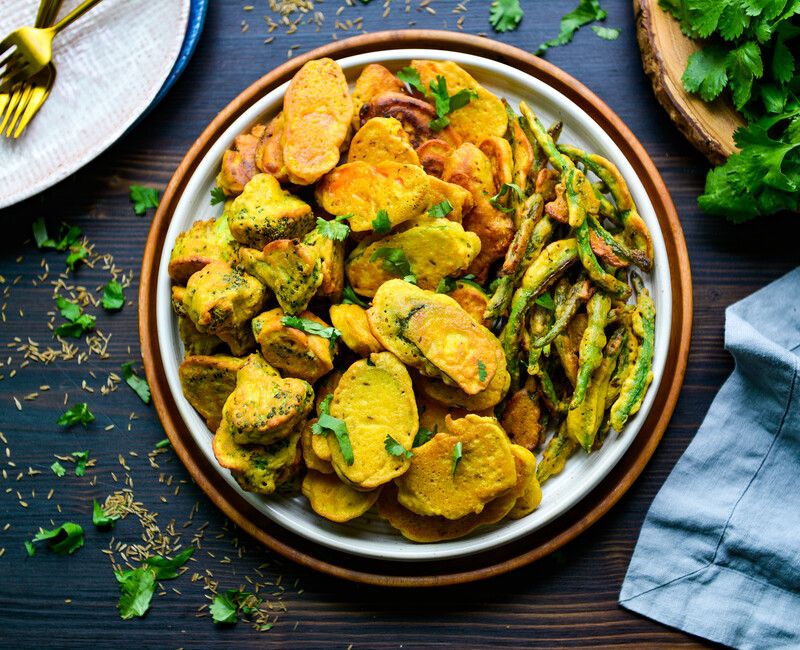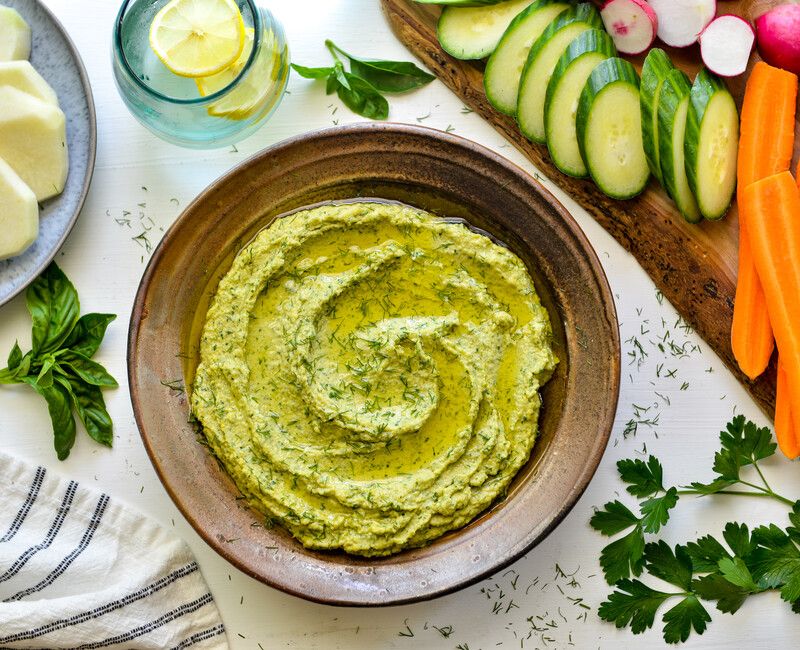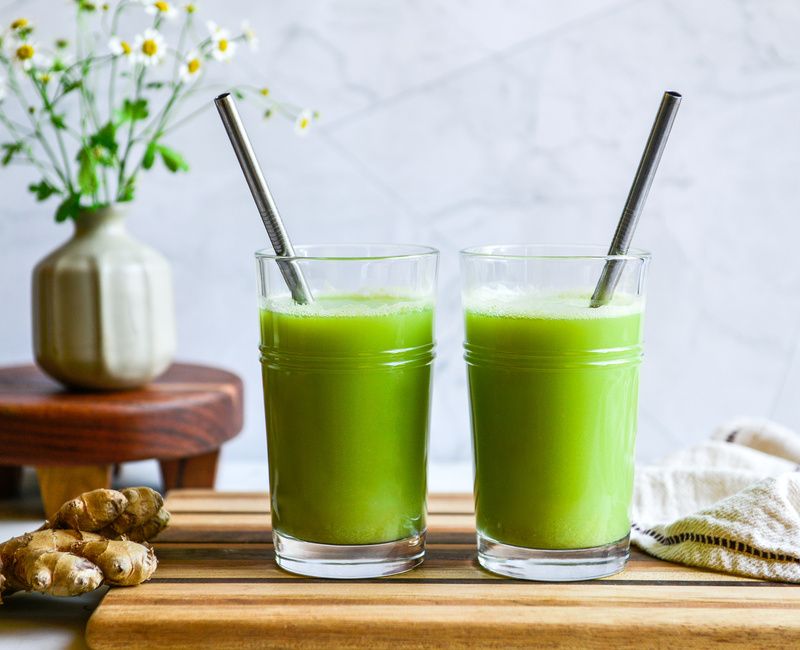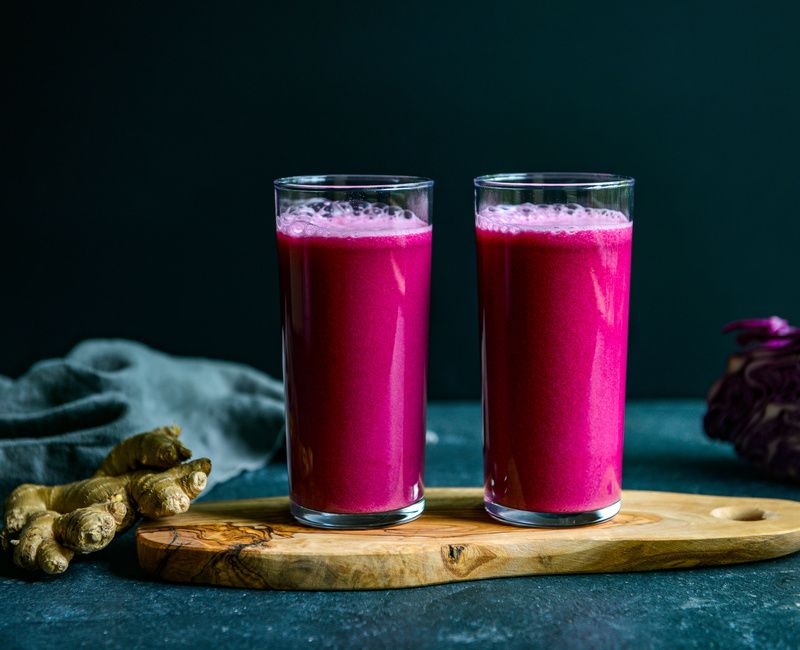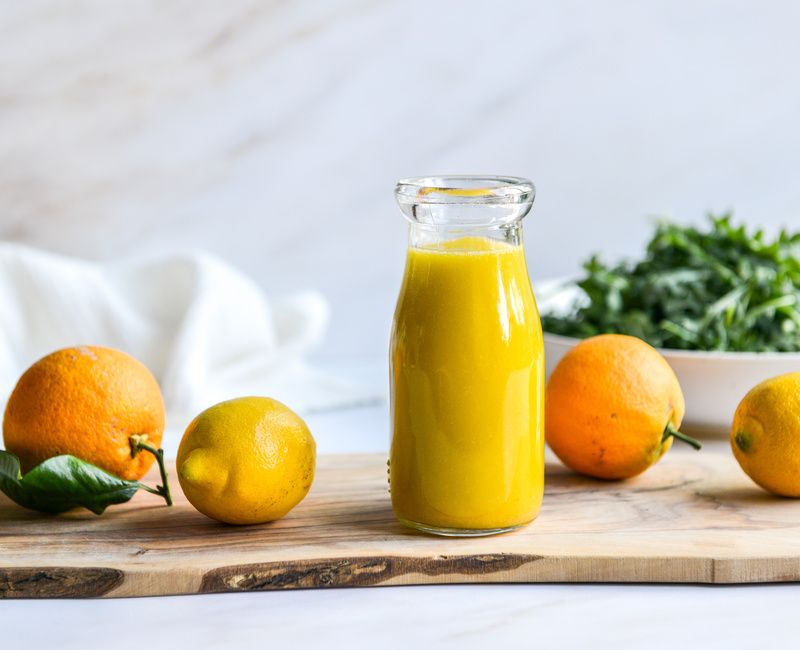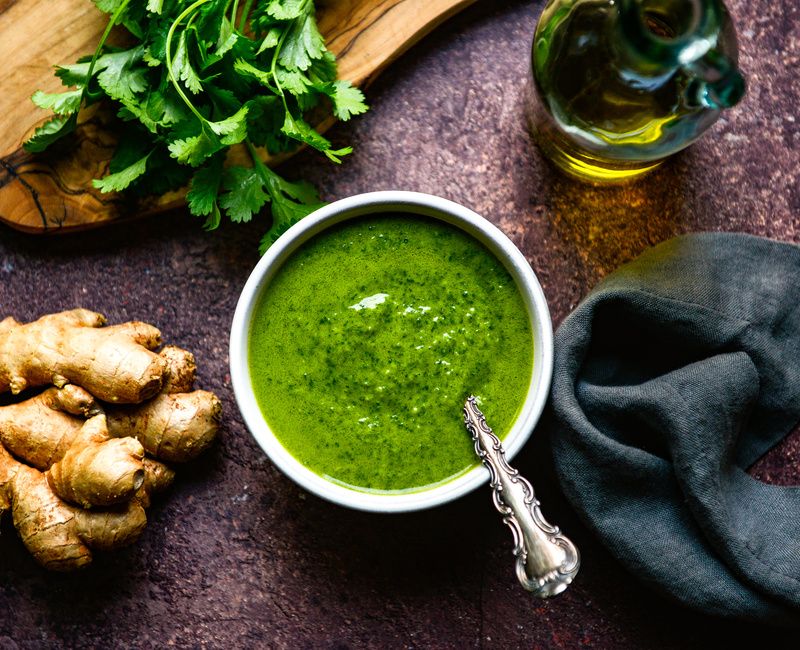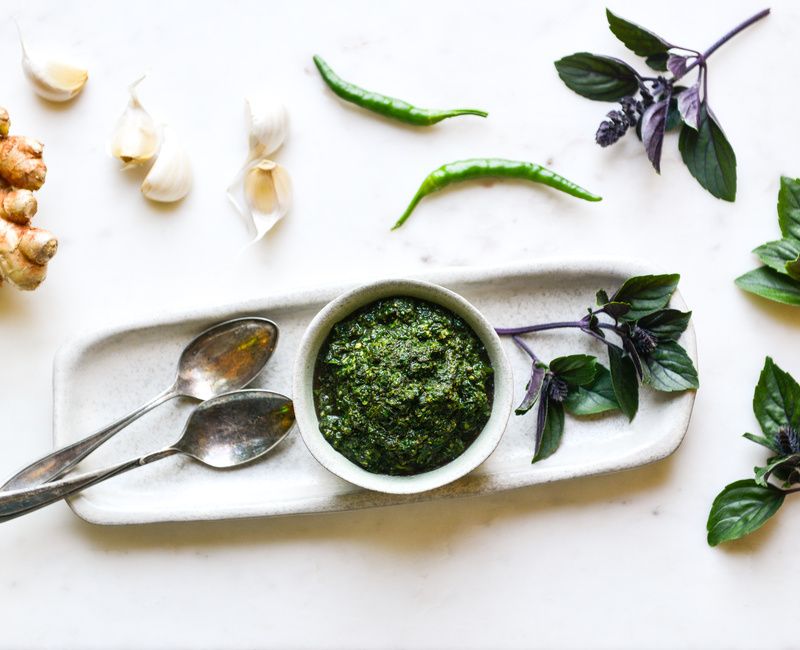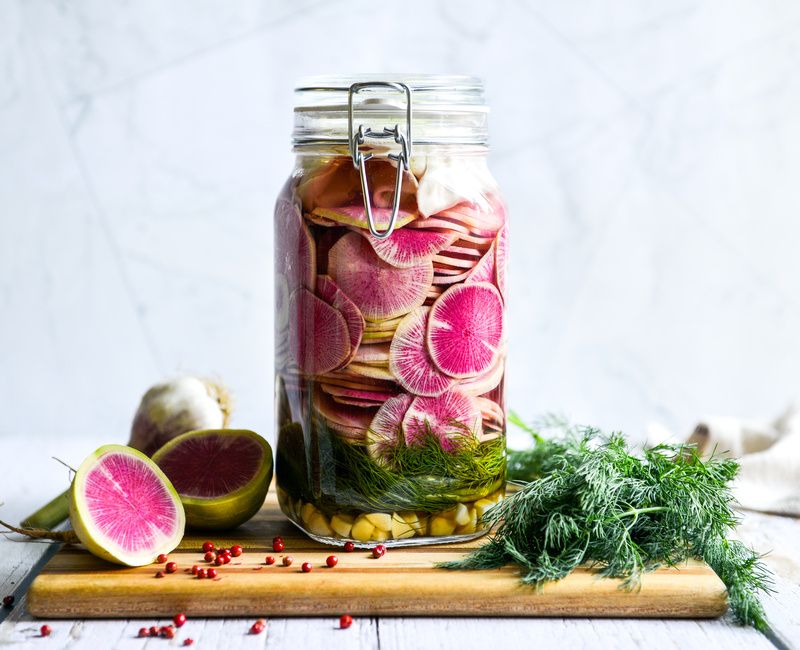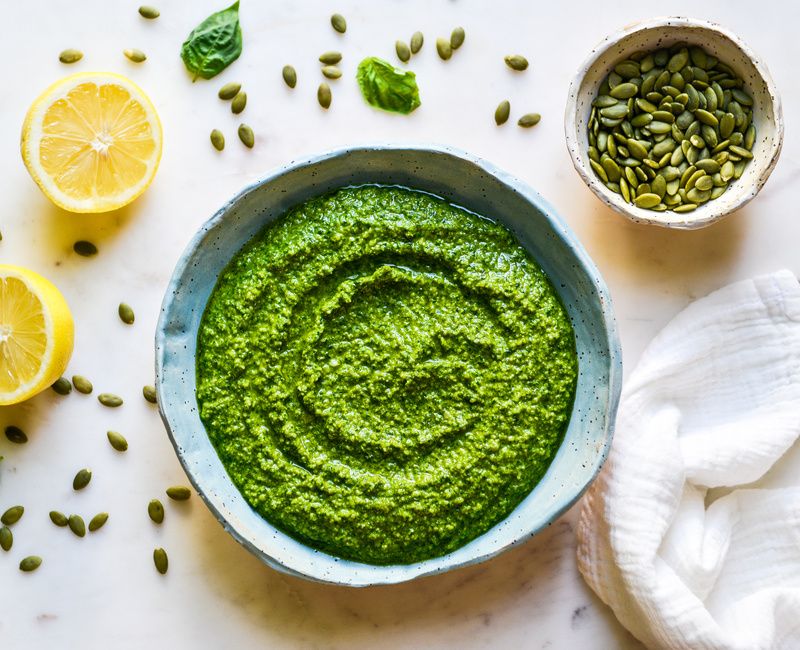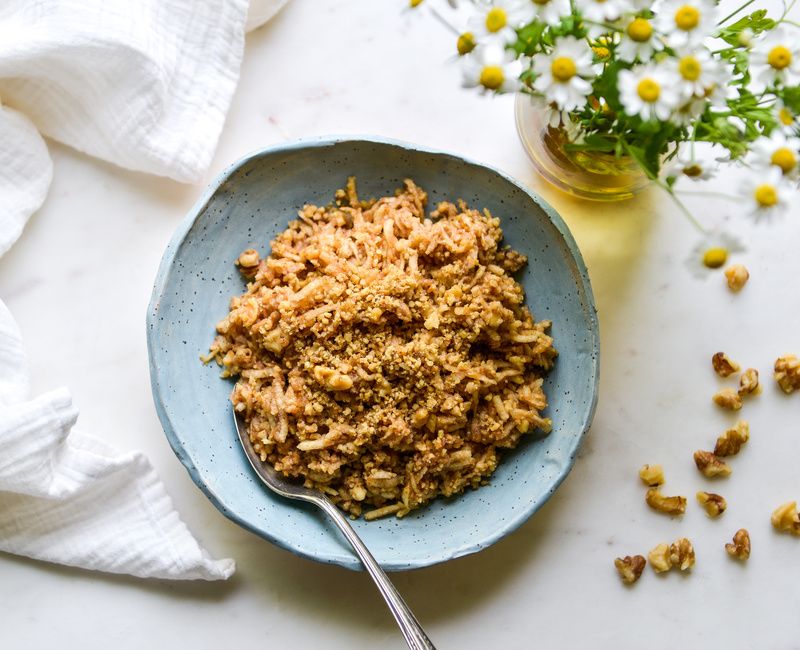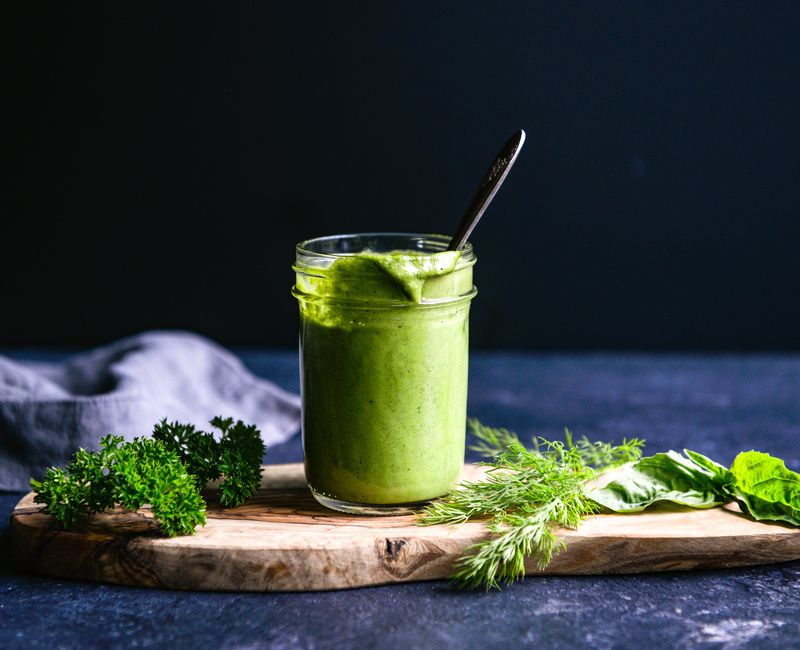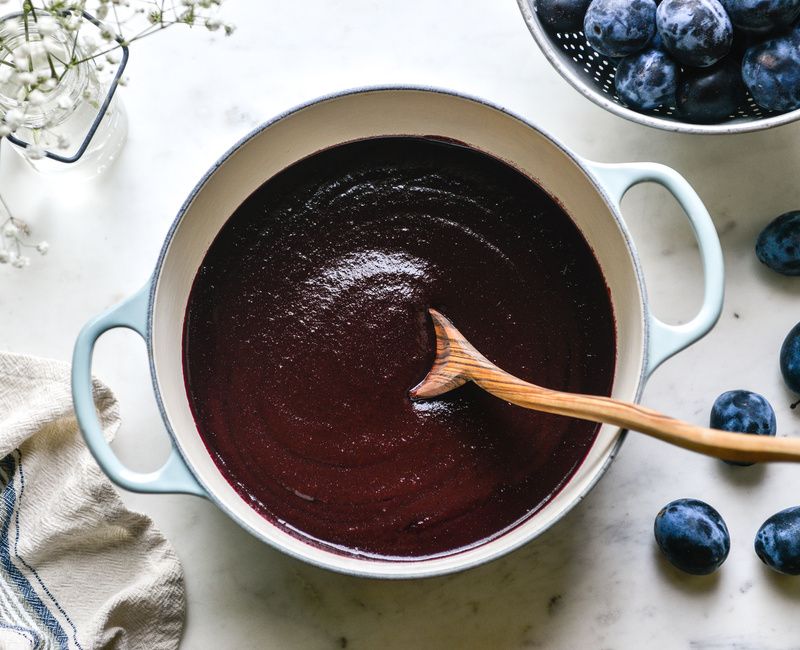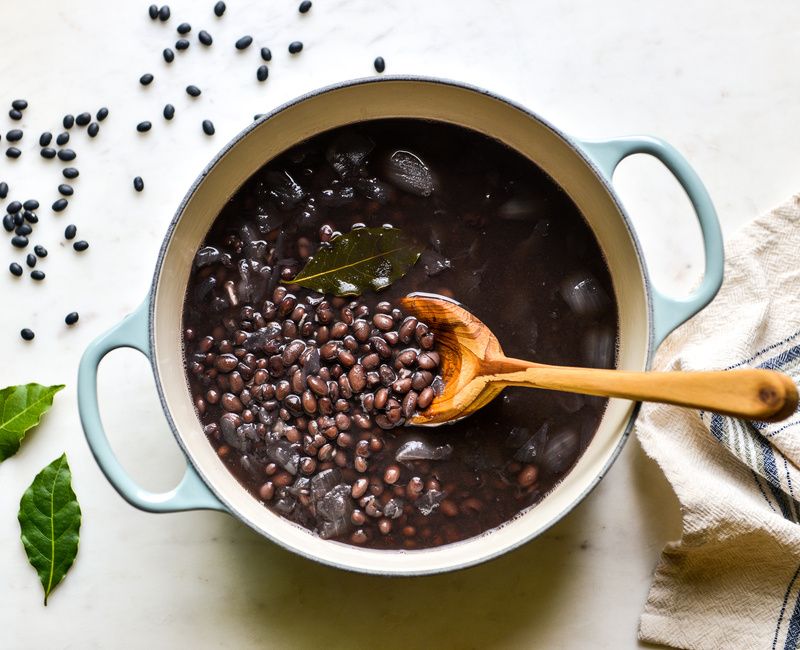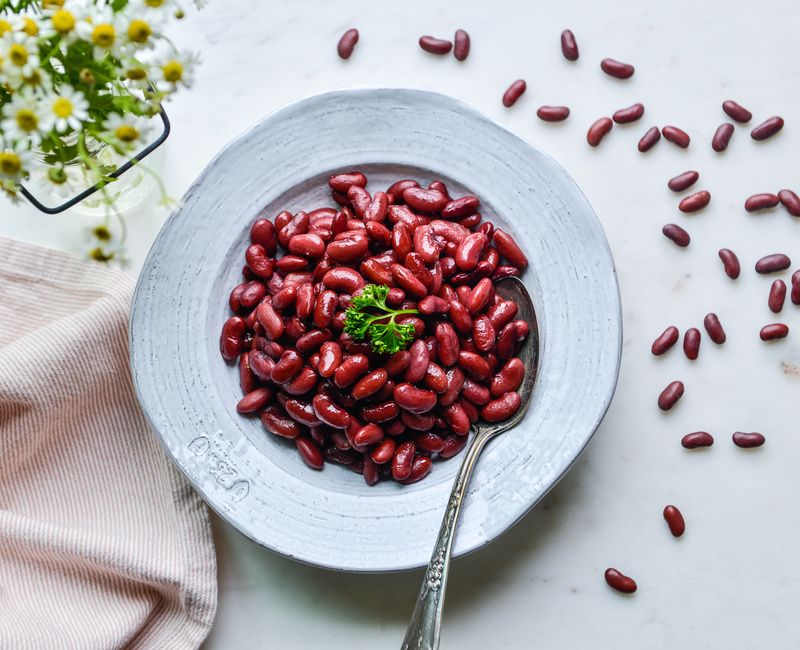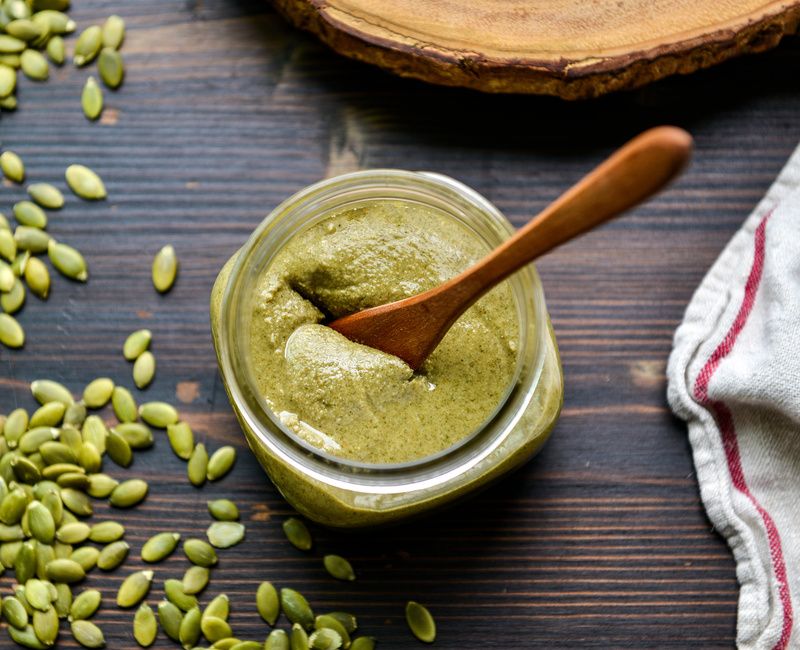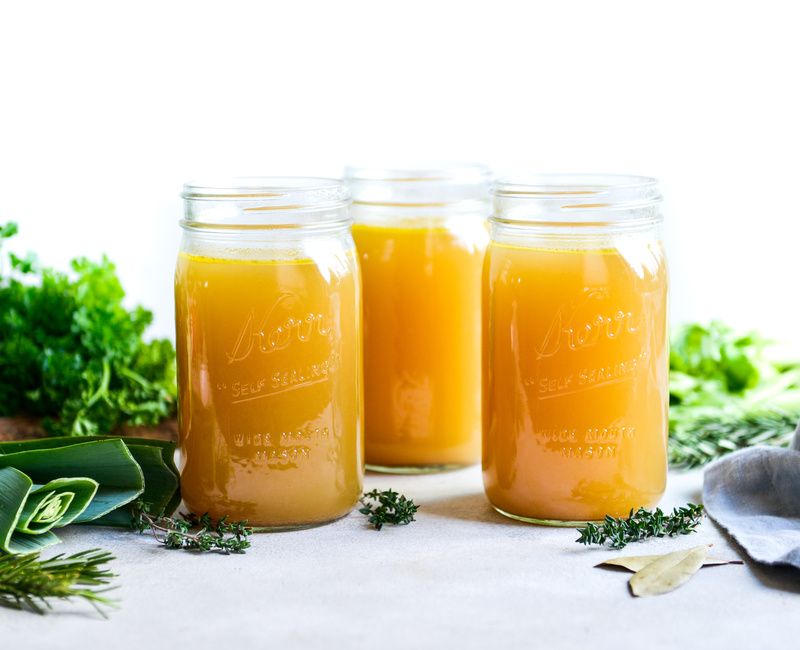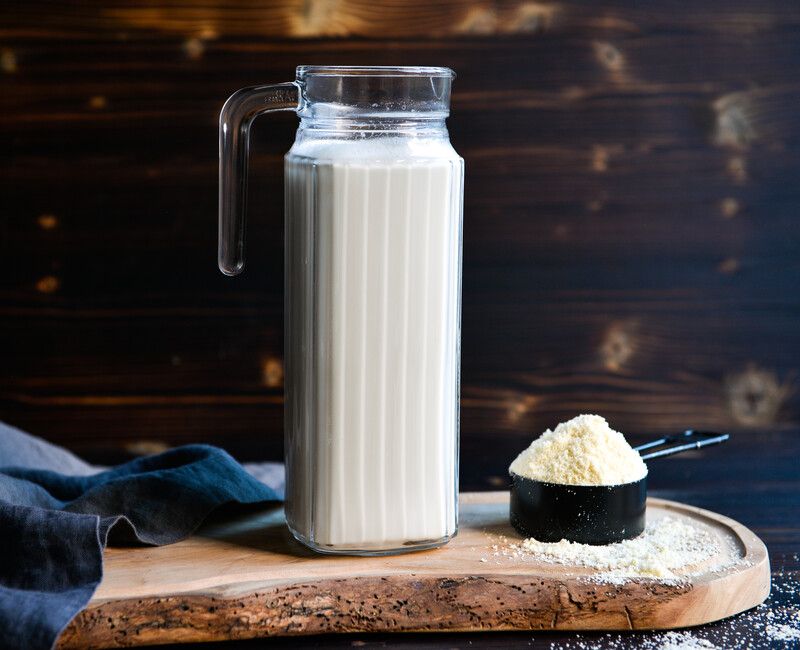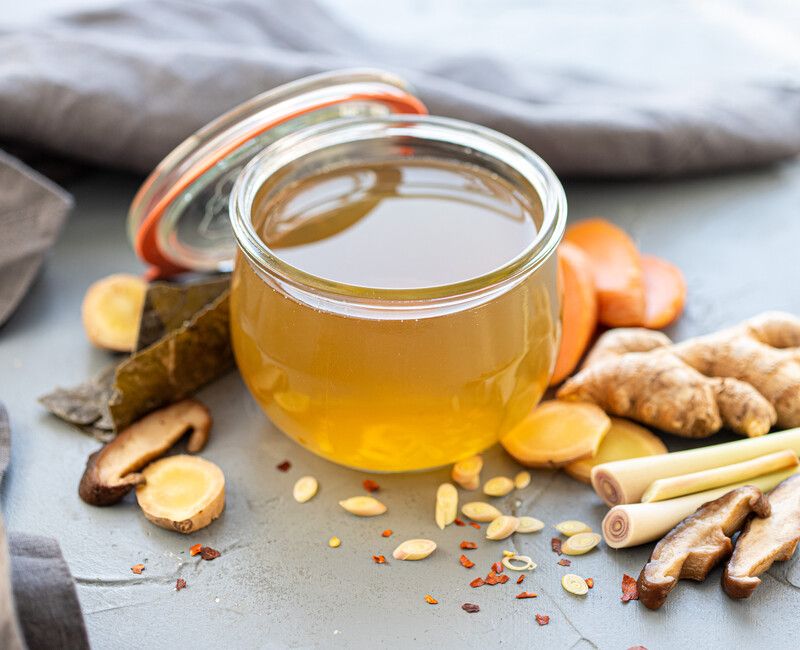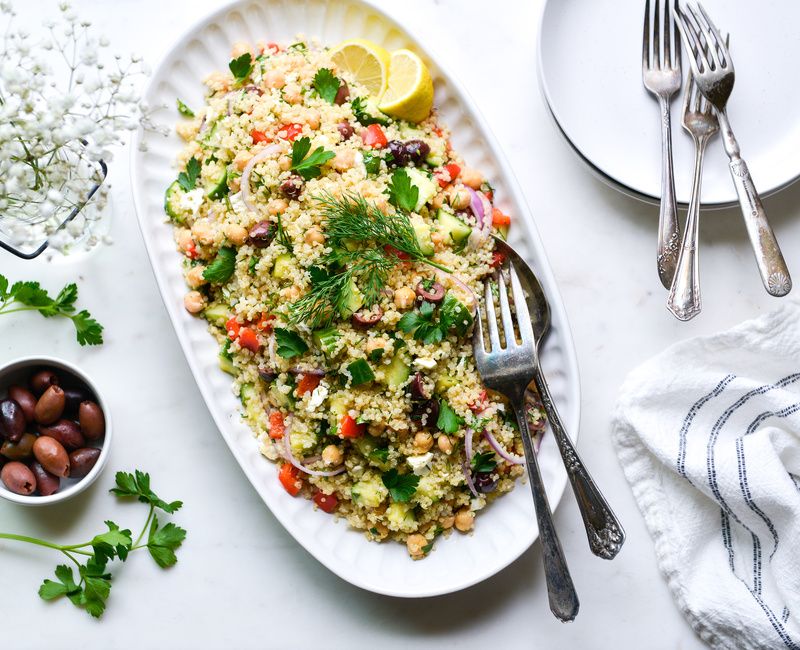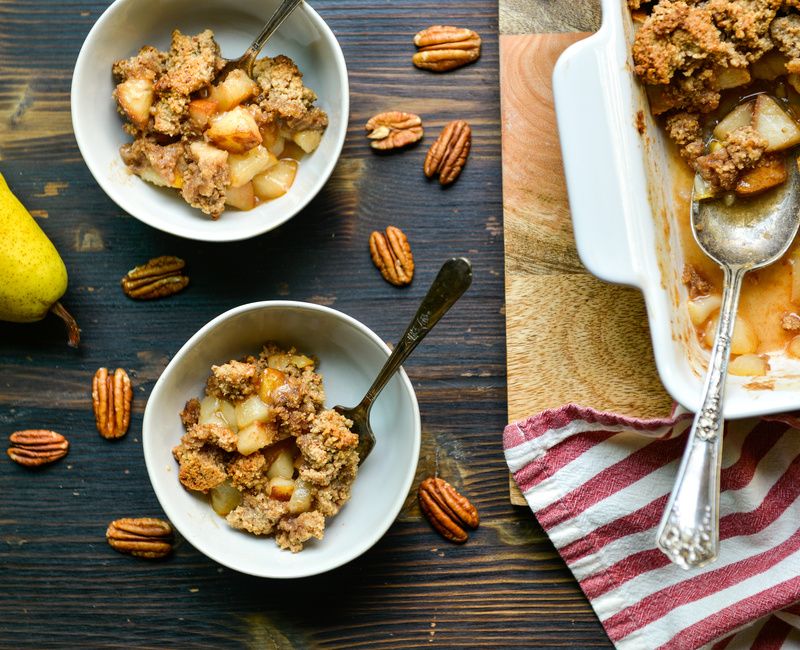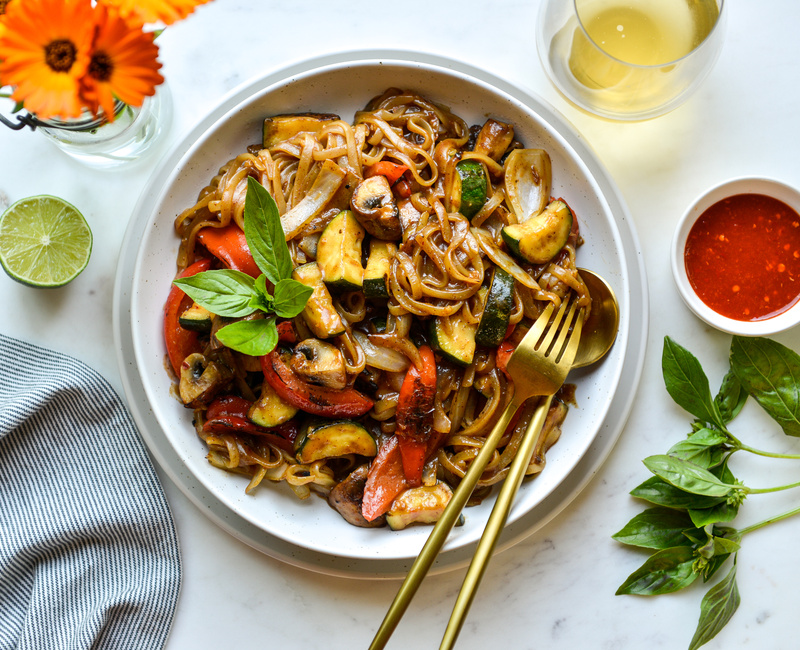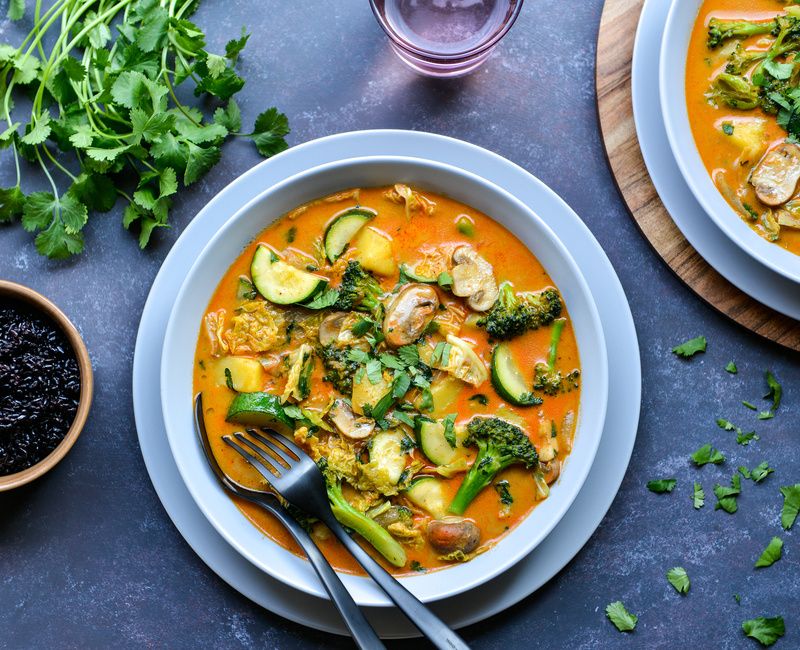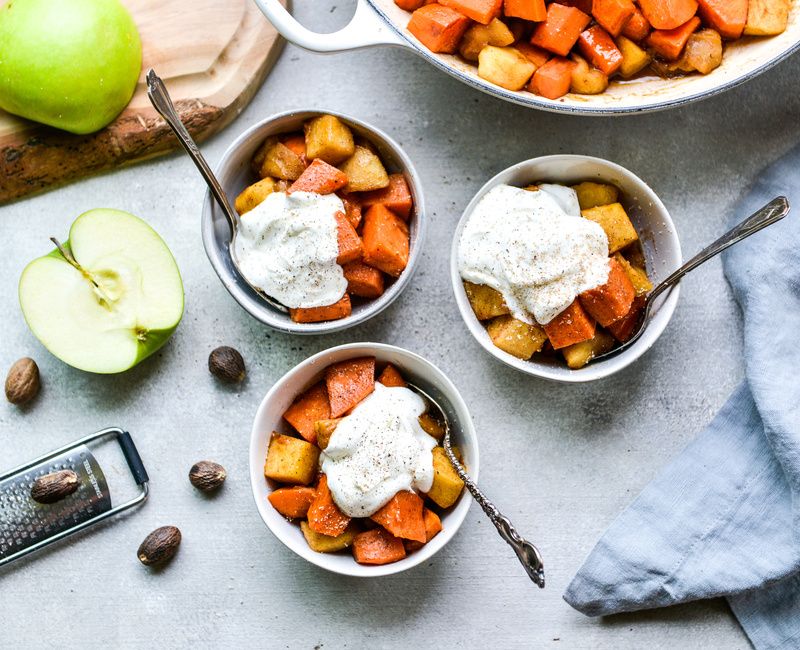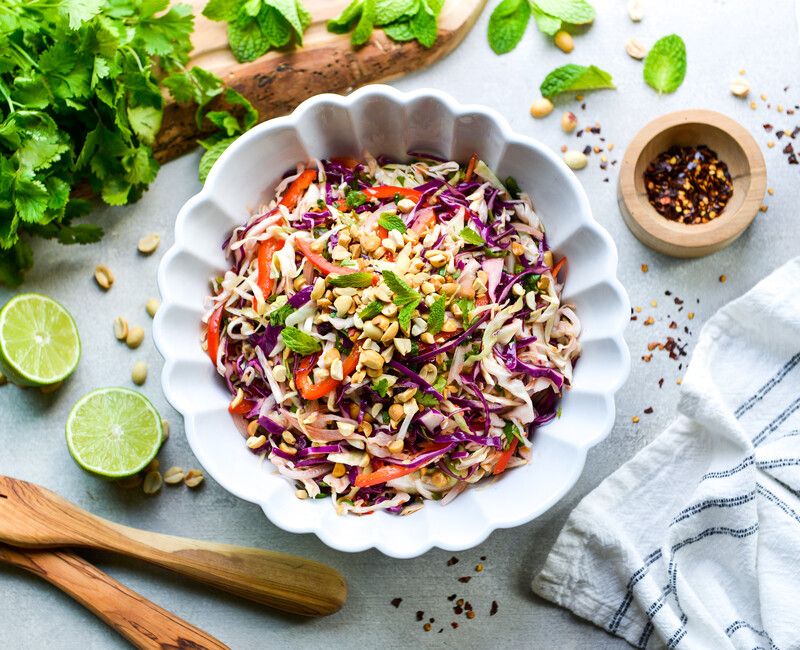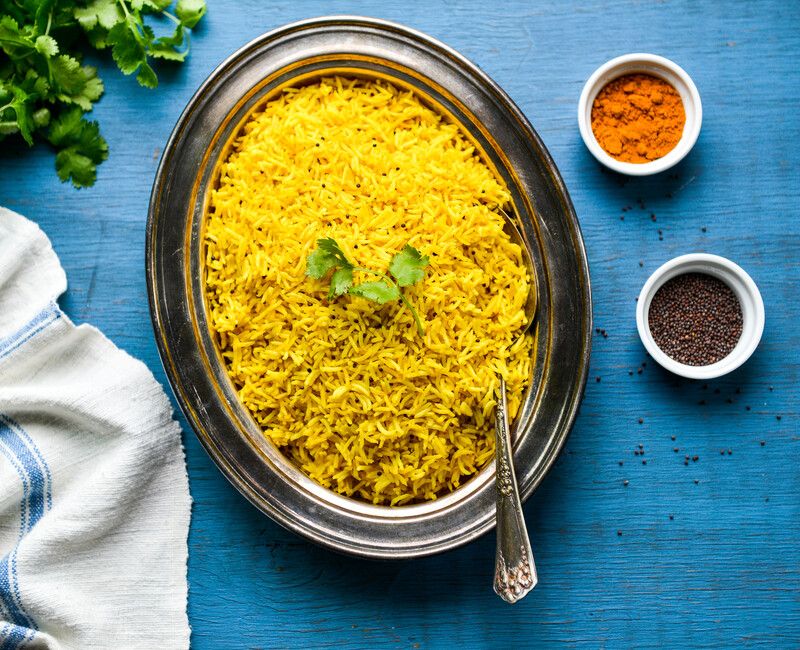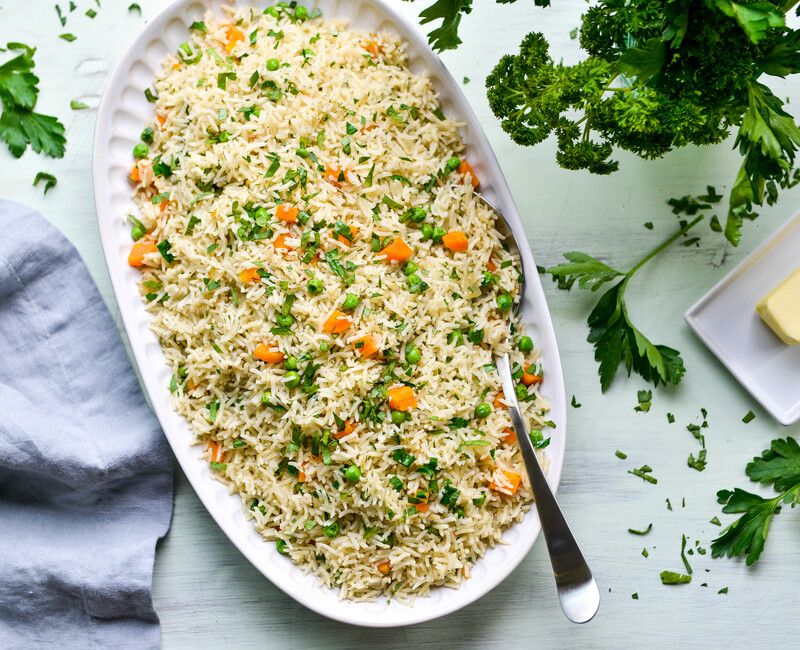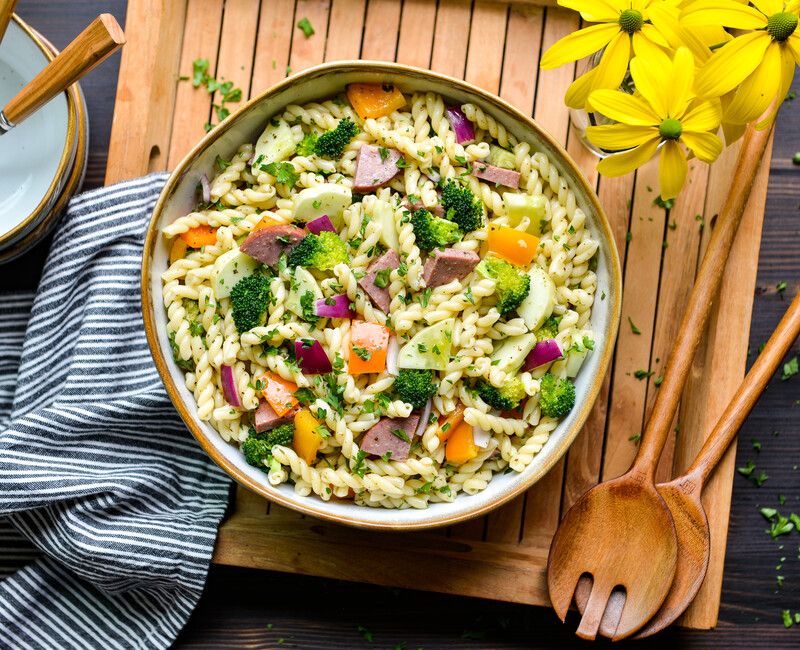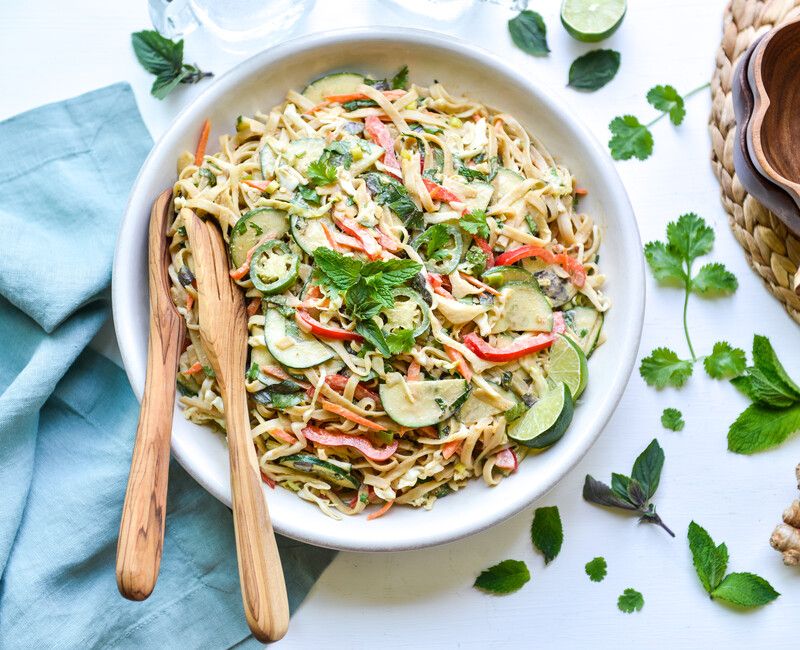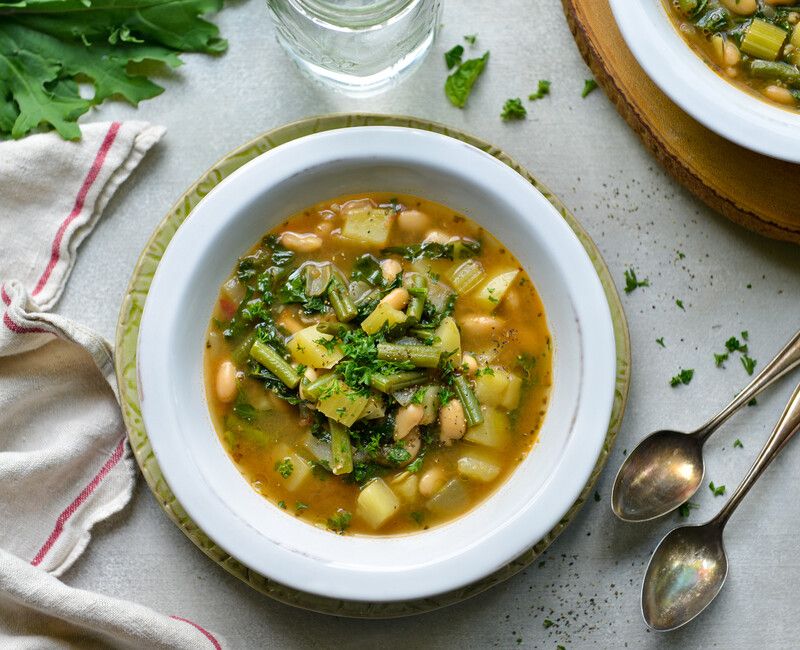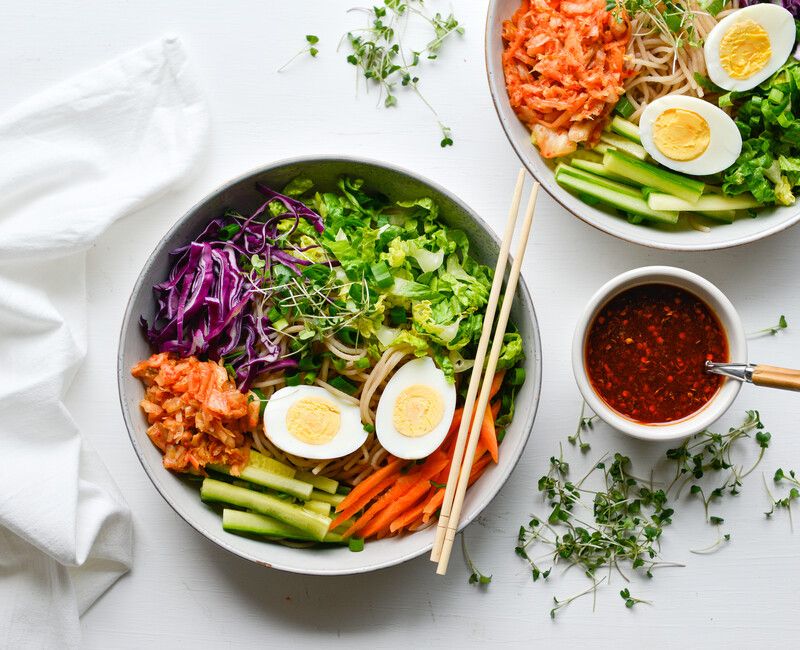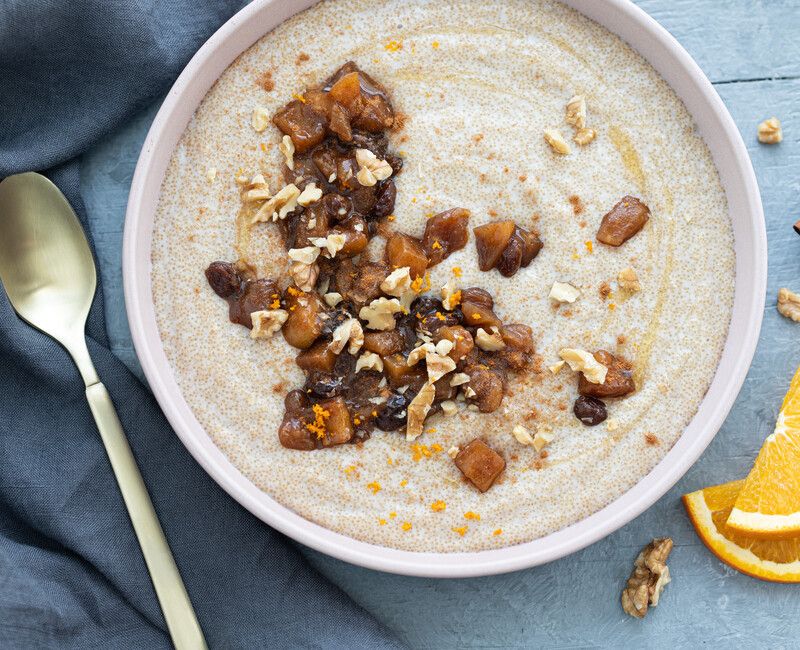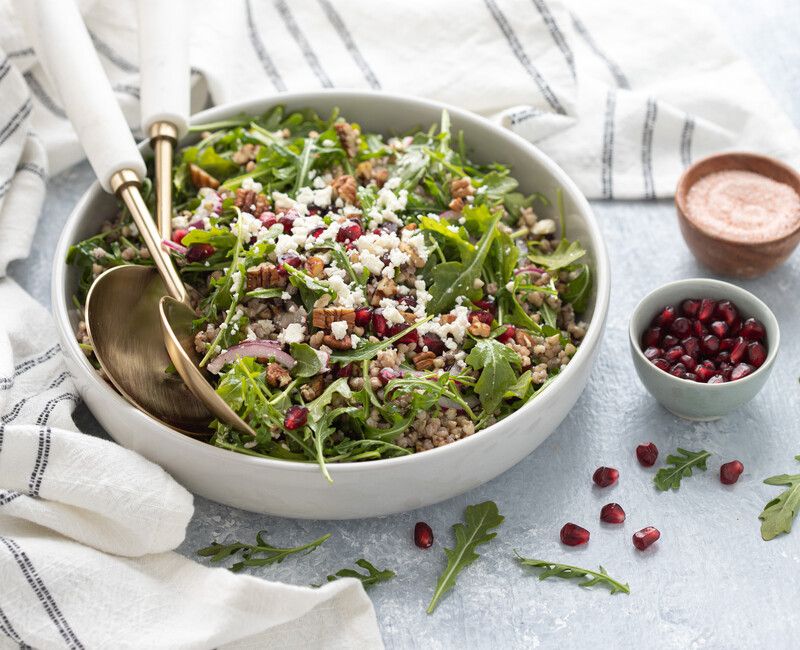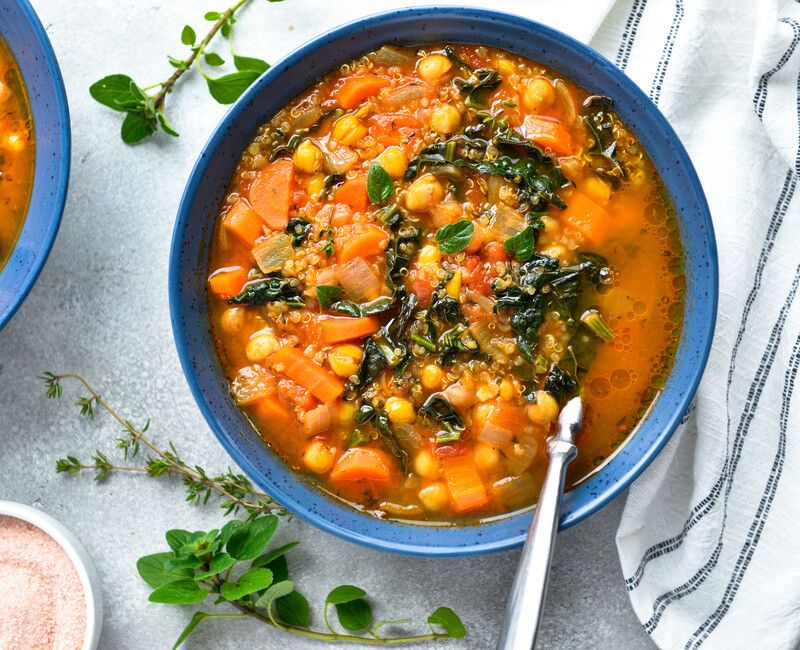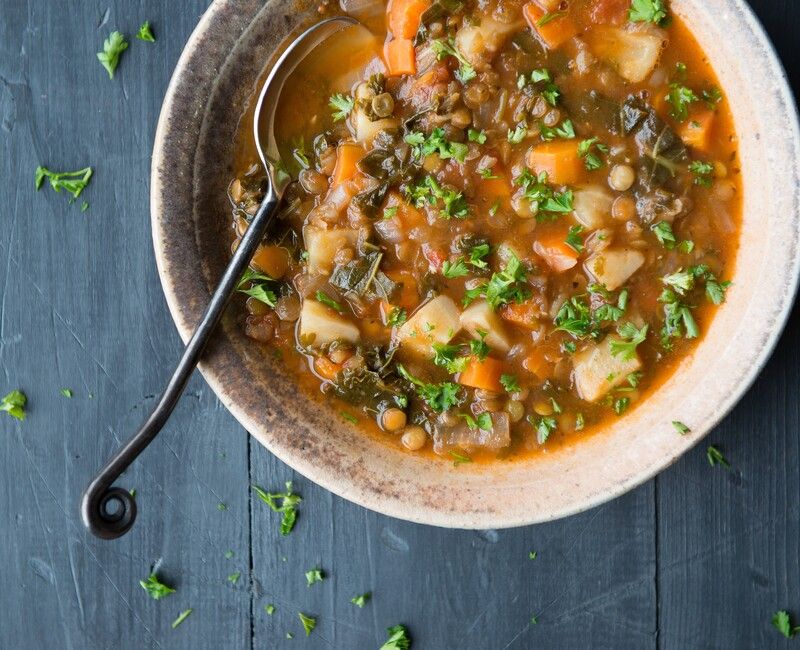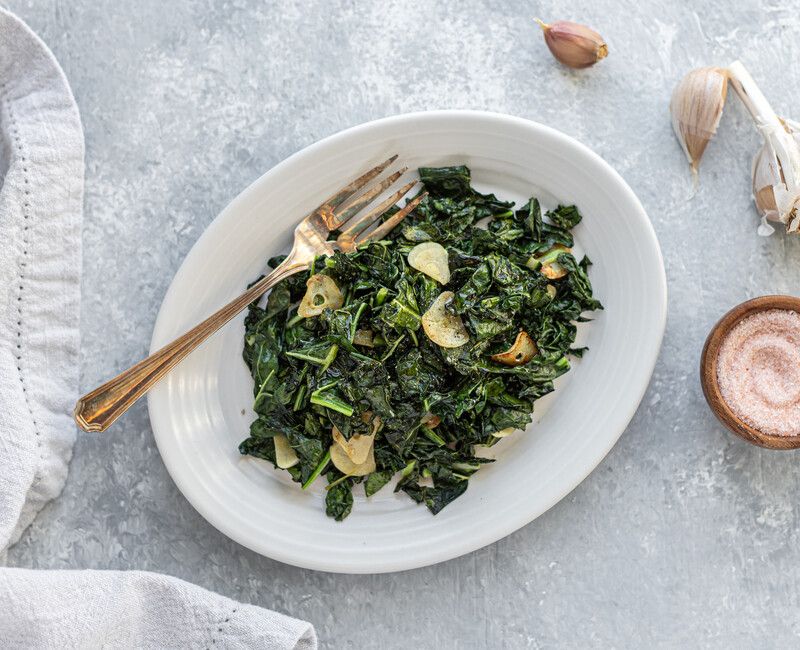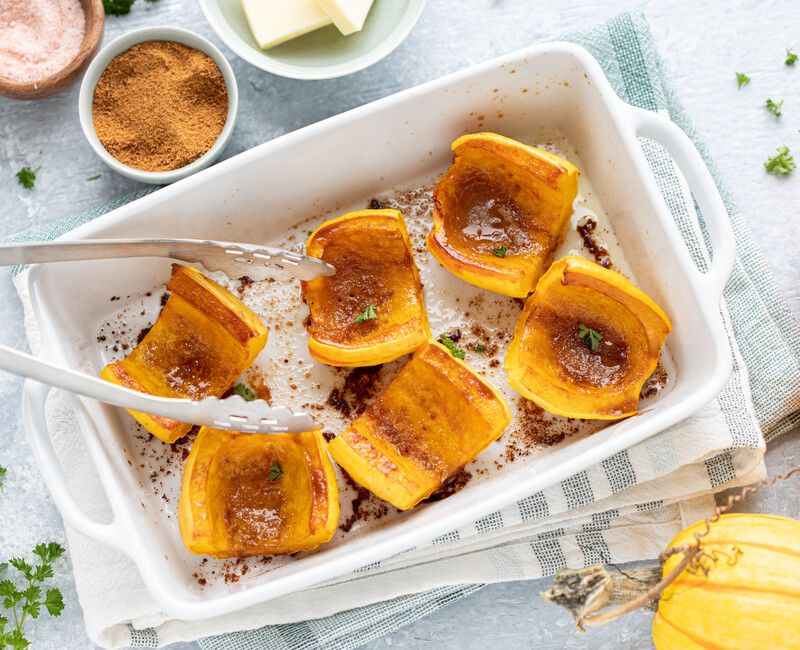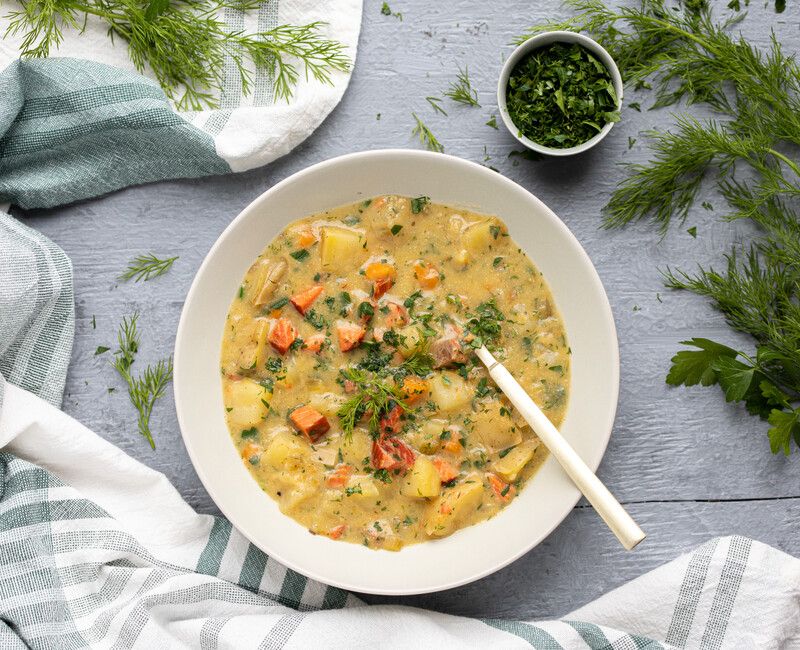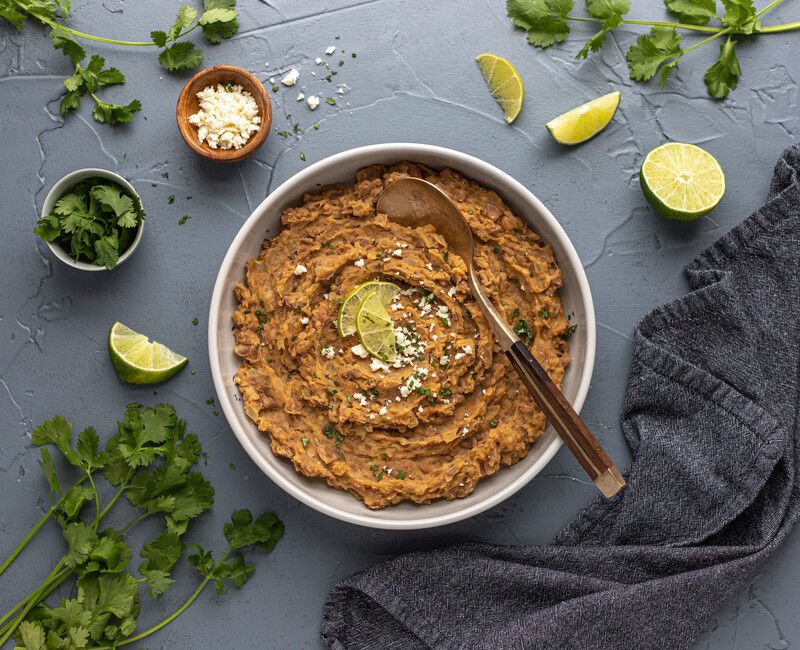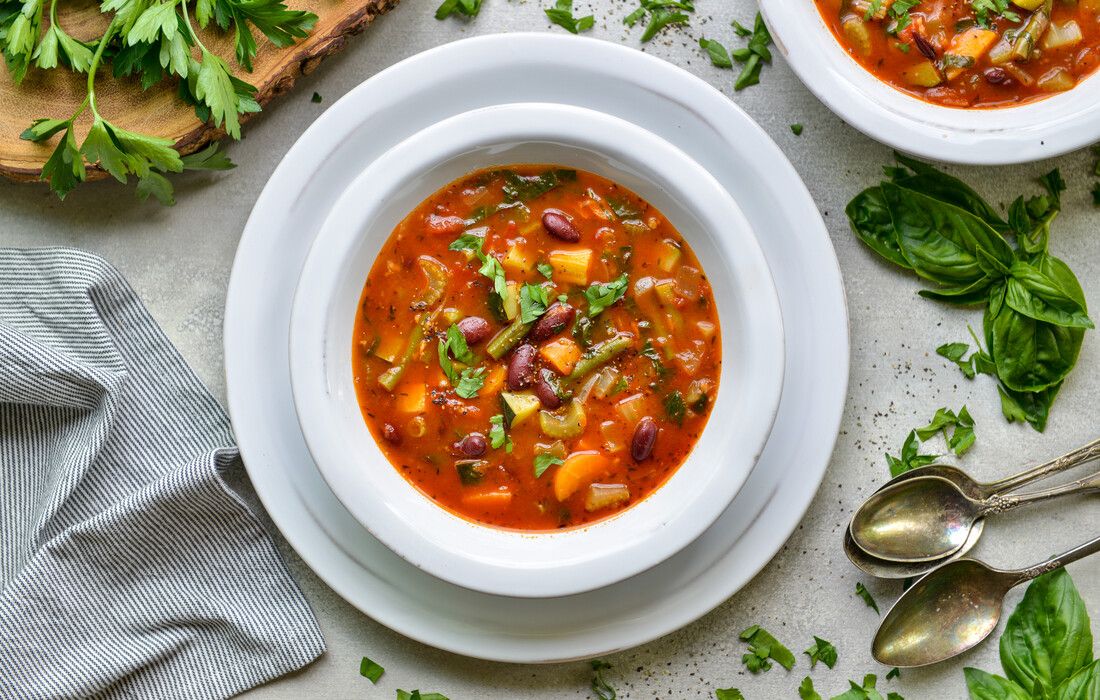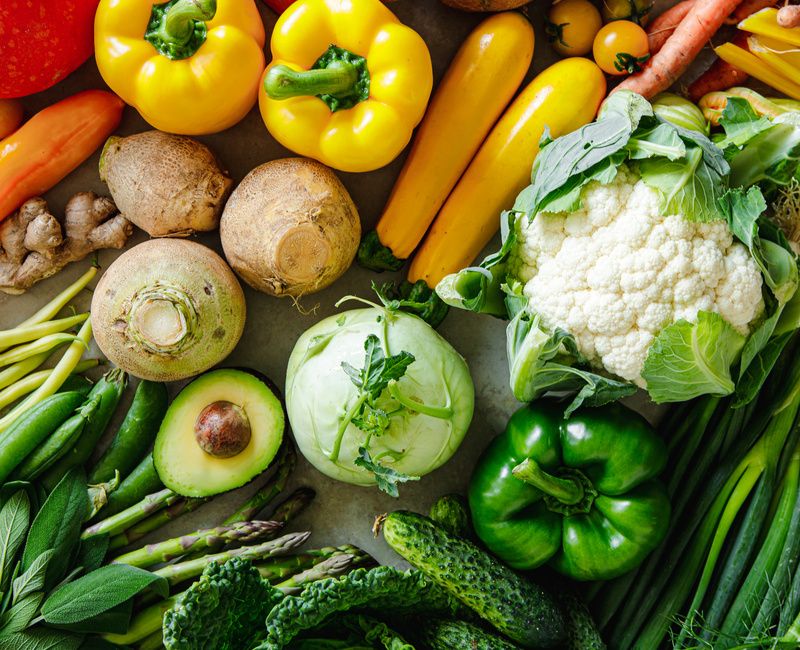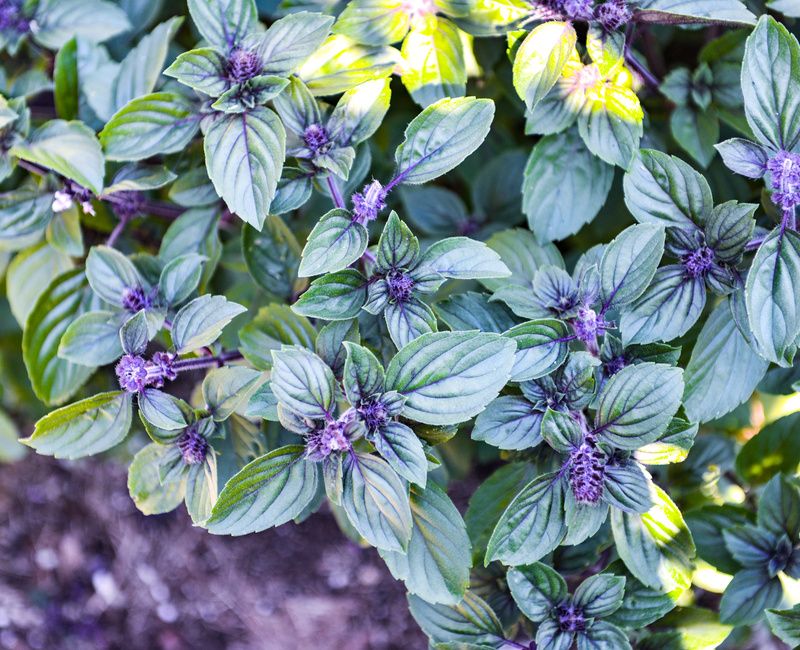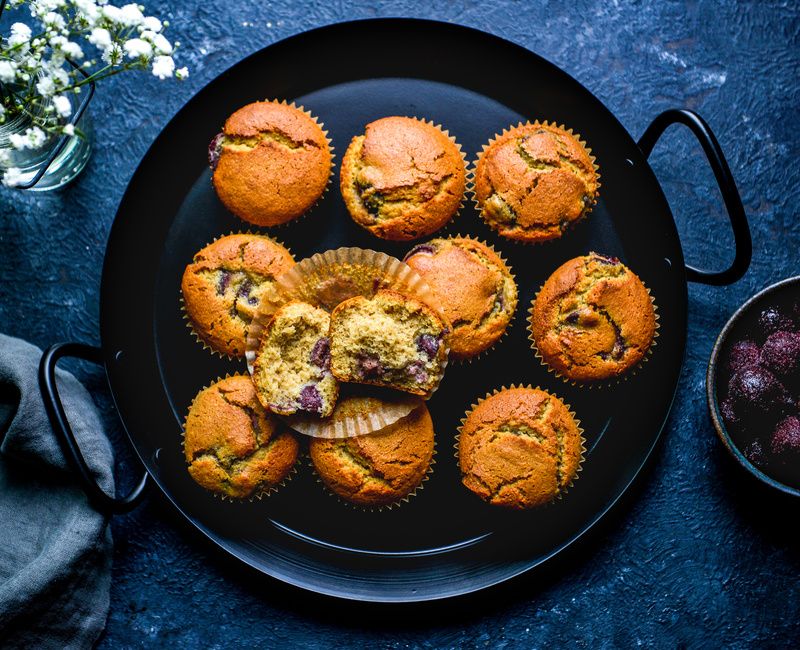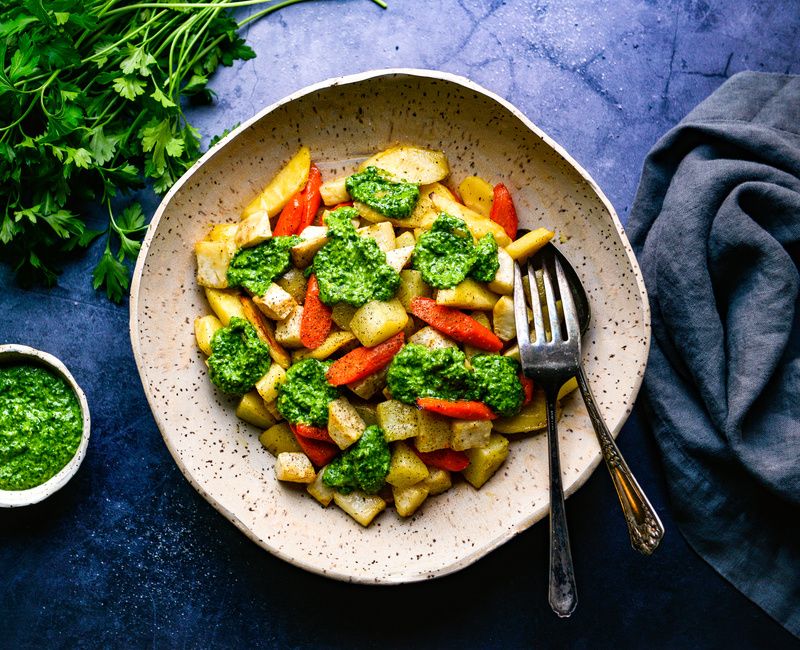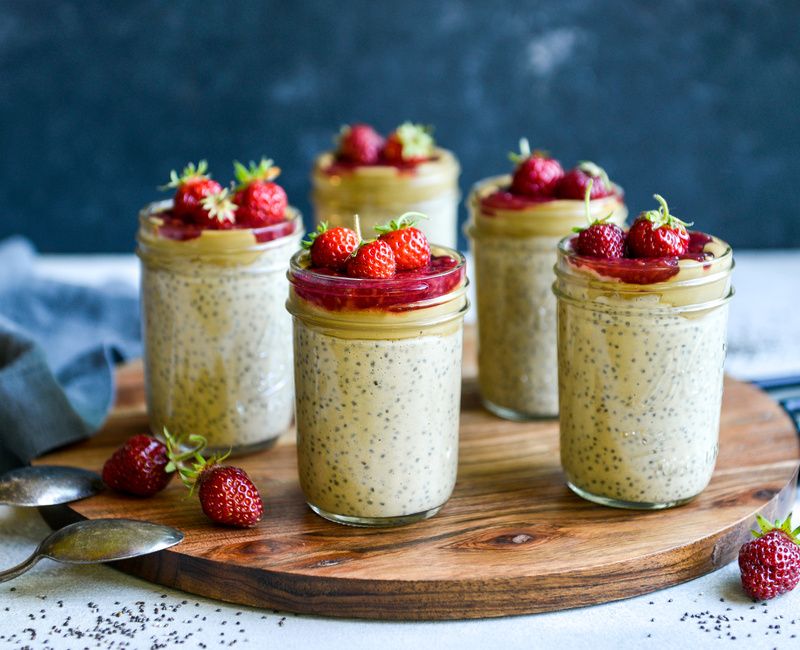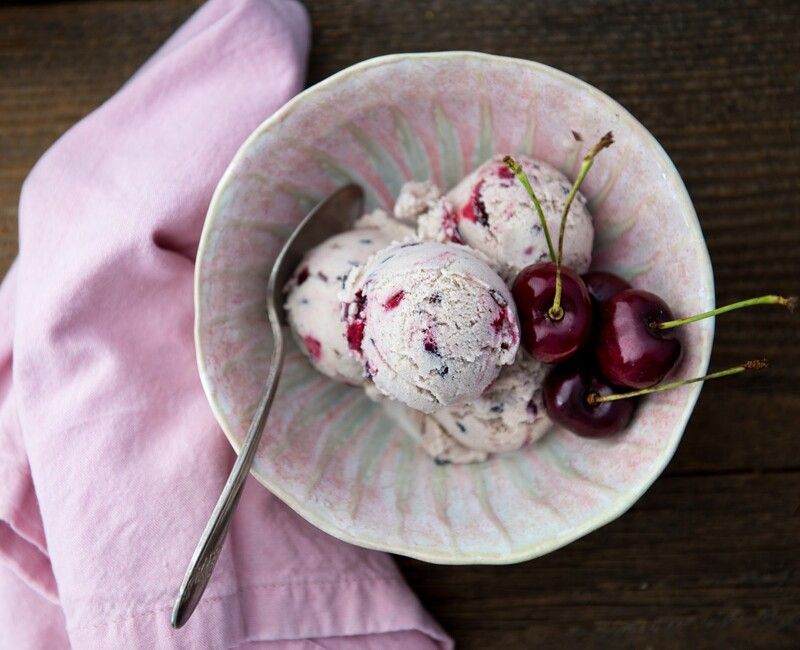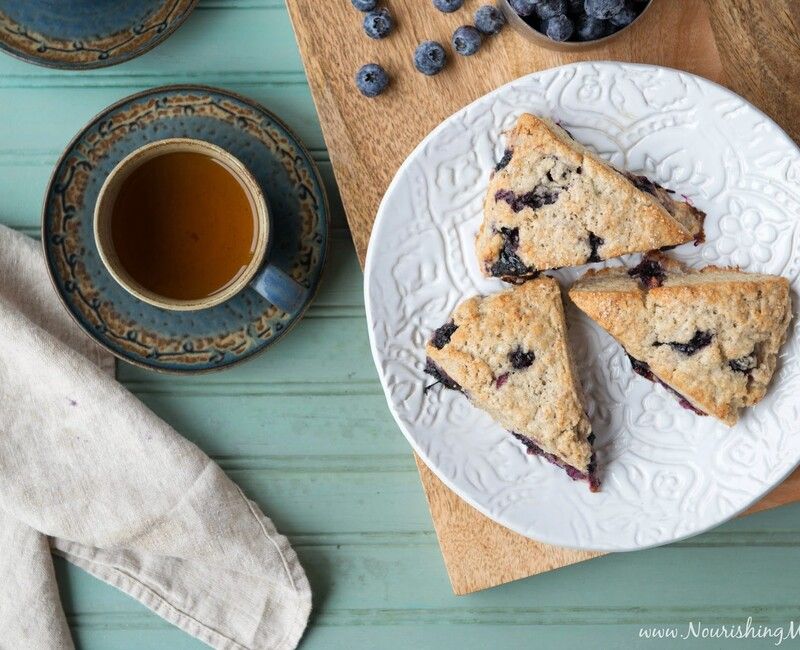Vegan Diet
Do you experience daily sluggishness, weight gain, digestive discomfort, or high cholesterol? Transitioning to a plant-based diet may be the key to reclaiming your energy, vitality, and sense of well-being. Rich in phytonutrients, fiber, and antioxidants, vegan diets can lower inflammation, support detoxification pathways, improve gut health, and even turn on genes linked to healing and longevity. Whole, plant-based foods nourish beneficial microbes, modulate immune function, and have been shown to reverse type 2 diabetes and heart disease. While long-term veganism may require thoughtful supplementation, especially during pregnancy and early childhood, incorporating more plants into your daily meals is a profound step toward health and sustainability—for your body, and the planet.
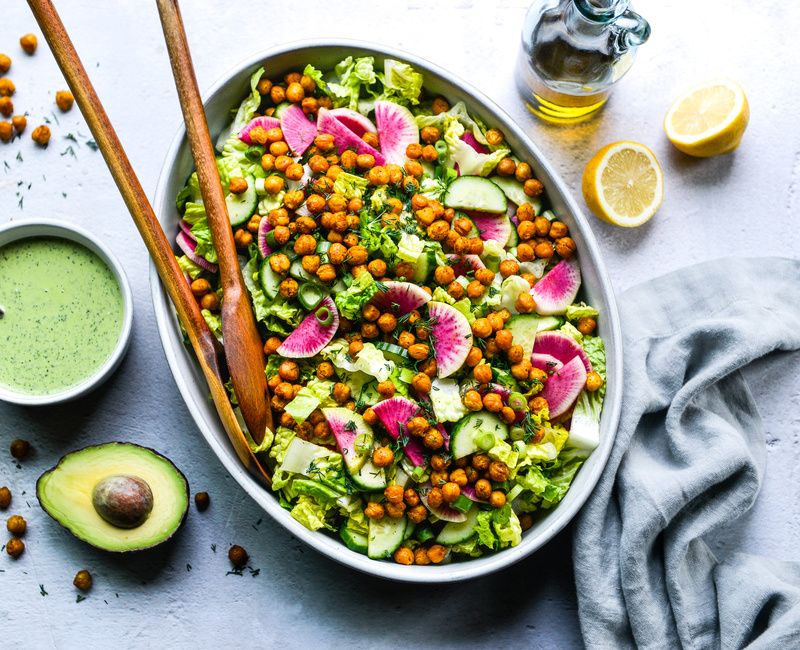
Latest IFM Mito Food Plan Recipes
Vegan Diet Safe with Modifications
What is a Vegan Diet?
A vegan diet consists entirely of plant foods and excludes all animal products. This includes meat, poultry, fish, dairy, and eggs. Instead, meals are centered around vegetables, fruits, legumes, whole grains, nuts, seeds, and plant-based alternatives. While some people adopt a fully vegan diet, others begin by eating plant-based several days a week. Every step toward eating more plants can bring noticeable improvements in how you feel—physically, emotionally, and energetically.
Who is the Vegan Diet For?
A vegan diet may be beneficial for those who:
-
Struggle with high cholesterol, hypertension, or heart disease
-
Live with insulin resistance, prediabetes, or type 2 diabetes
-
Are seeking sustainable weight loss
-
Experience chronic inflammation or autoimmune symptoms
-
Have a family history of cancer or cardiovascular disease
-
Are motivated to support environmental and ethical food practices
It’s important to work with your healthcare provider if you’re pregnant, nursing, or navigating chronic illness, to ensure your nutrient needs are being fully met.
How Does the Vegan Diet Work?
The therapeutic power of a vegan diet lies in its abundance of plant nutrients—fiber, polyphenols, antioxidants, and anti-inflammatory compounds that help regulate blood sugar, lower oxidative stress, and feed a diverse gut microbiome. These nutrients activate detoxification enzymes, reduce pro-inflammatory cytokines, and support cardiovascular and metabolic health. For those reducing or eliminating animal products, supplementation with key nutrients such as vitamin B12, DHA, iron, and zinc may be necessary for long-term wellness.
Foods to Eat on a Vegan Diet:
Focus on fresh, whole, plant-based foods such as:
-
Vegetables of all kinds
-
Legumes (beans, lentils, peas, organic soy foods like tempeh and tofu)
-
Whole grains (brown rice, quinoa, millet, oats, buckwheat)
-
Fruits
-
Nuts and seeds (and butters made from them)
-
Non-dairy alternatives (cashew, almond, coconut, or oat milk and yogurts)
-
Herbs and spices
-
Sea vegetables and fermented plant foods
Foods to Avoid on a Vegan Diet:
-
All meat and poultry (beef, pork, lamb, chicken, turkey, game meats)
-
Fish and seafood
-
Eggs and egg-containing products
-
Dairy (milk, cheese, butter, yogurt, cream)
-
Honey (optional—some vegans avoid it, others do not)
-
Gelatin and animal-derived additives (often found in packaged foods)
Benefits of a Vegan Diet:
A nutrient-dense vegan diet has been associated with:
-
Lower cholesterol and improved heart health
-
Reduced systemic inflammation
-
Greater microbial diversity and digestive health
-
Higher fiber intake and improved bowel regularity
-
Weight loss and blood sugar regulation
-
Increased intake of phytochemicals, vitamins, and minerals
-
Reduced all-cause mortality and enhanced longevity
-
Lower risk of certain cancers and chronic diseases
Plant-based diets are also environmentally sustainable, contributing to lower greenhouse gas emissions and reduced water and land use.
Challenges and Drawbacks:
While a vegan diet can be deeply nourishing, it does come with challenges that require thoughtful attention:
-
Vitamin B12: Not found in plant foods—supplementation is essential to prevent deficiency.
-
Essential fatty acids (EPA & DHA): Only found in animal foods or algae-based supplements; conversion from ALA in flax or chia is limited in many people.
-
Fat-soluble nutrients (A, D, K2): Often found in animal fats and may need supplementation.
-
Bioavailable iron, zinc, and protein: Plant forms can be harder to absorb and may require strategic planning.
-
Pregnancy and early childhood: Periods of rapid growth may call for careful nutrient monitoring and potentially incorporating small amounts of animal foods or supplements.
How Do I Start a Vegan Diet?
-
Become a Nourishing Meals® Member for recipe access and meal planning support.
-
Stock your pantry with staples: dried or canned beans, whole grains, raw nuts and seeds, and non-dairy alternatives.
-
Explore our Vegan Meal Plans or create your own using our filters.
-
Use the meal planner calendar and automatic shopping list tool to stay organized.
-
Get inspired with hundreds of delicious Vegan recipes and join our Nourishing Meals Community Facebook Group for support and new ideas!
Every time you fill your plate with colorful, whole plant foods, you are choosing healing. You’re aligning with vitality, clarity, and the wisdom of nature. Whether you take small steps or go all in, a plant-based path can reconnect you with what it feels like to thrive.
| Plan | Length | Actions |
|---|---|---|
Easy Gluten-Free Vegan Meals |
6 days | Please login to view and schedule plans |
7 Days of Vegan Dinners |
7 days | Please login to view and schedule plans |
Vegan & Gluten-Free Holiday Menu |
0 days | Please login to view and schedule plans |
Easy Plant-Based Summer Meals |
6 days | Please login to view and schedule plans |
3-Day Vegan Detox Diet |
3 days | Please login to view and schedule plans |
Easy 5-Day Gluten-Free Vegan Meal Plan |
5 days | Please login to view and schedule plans |
